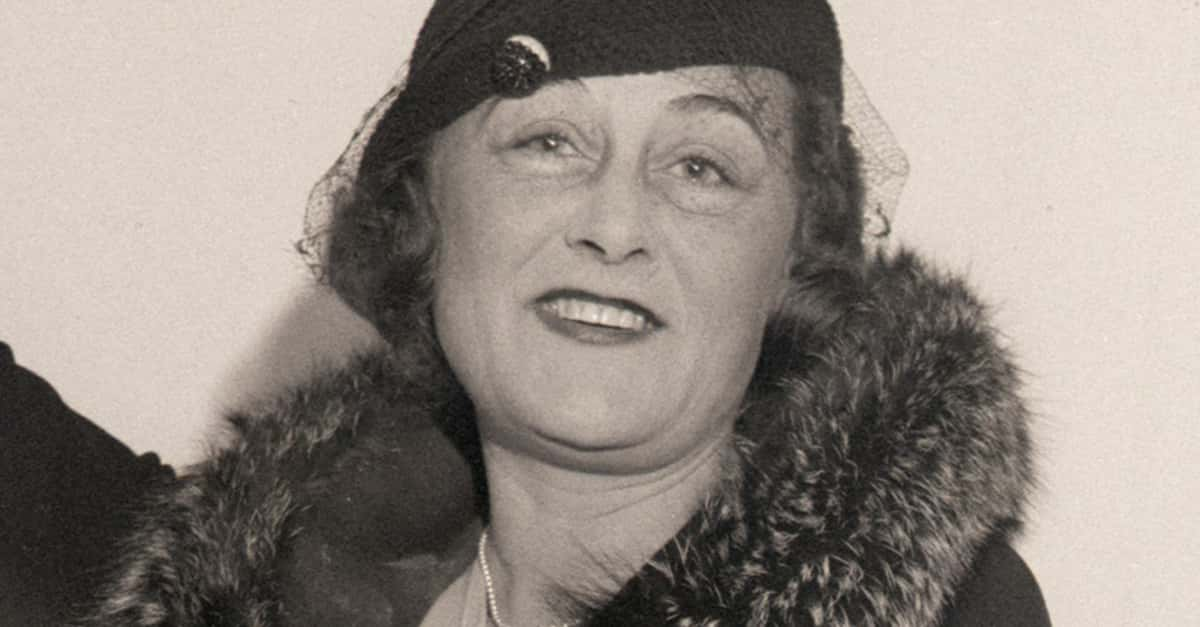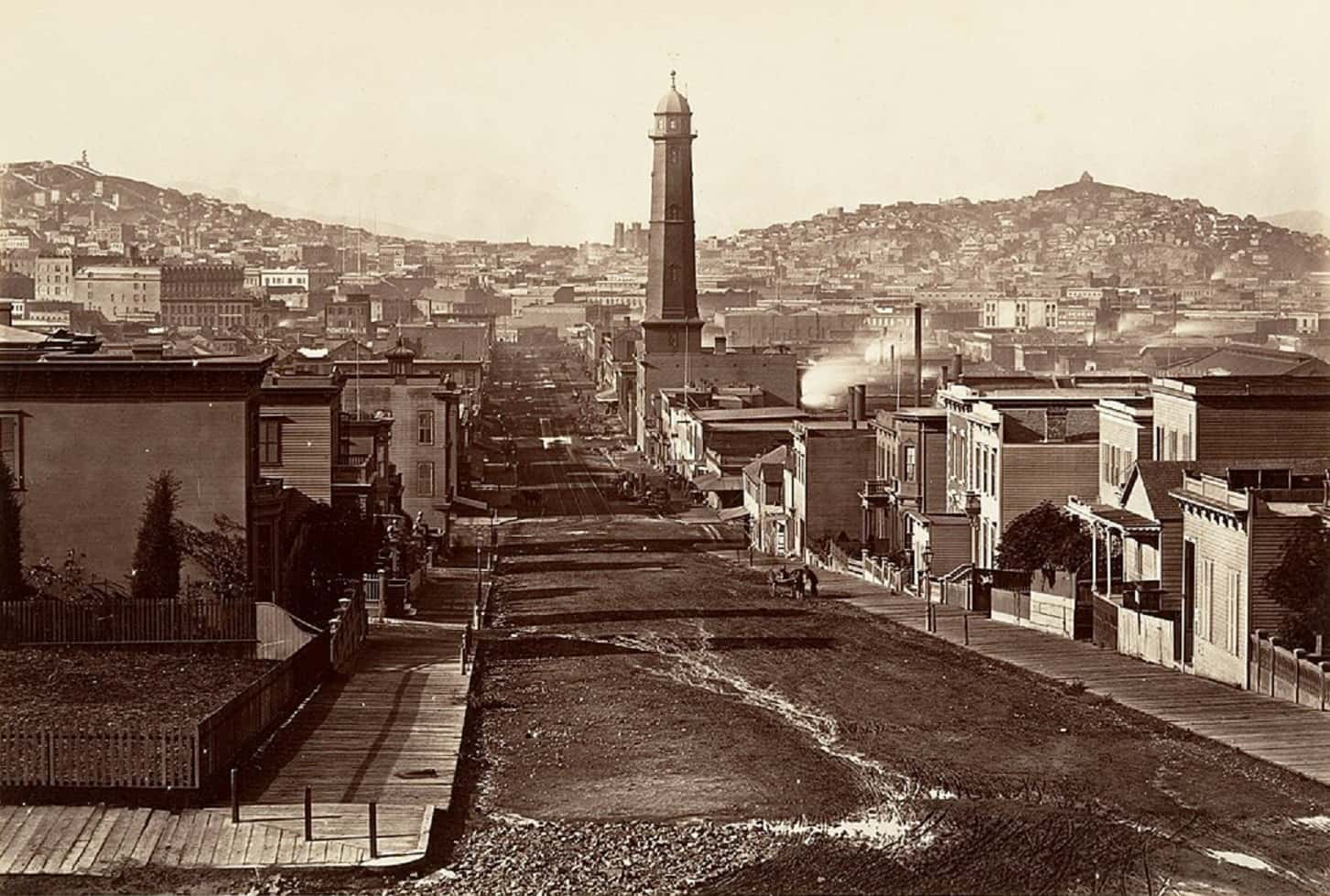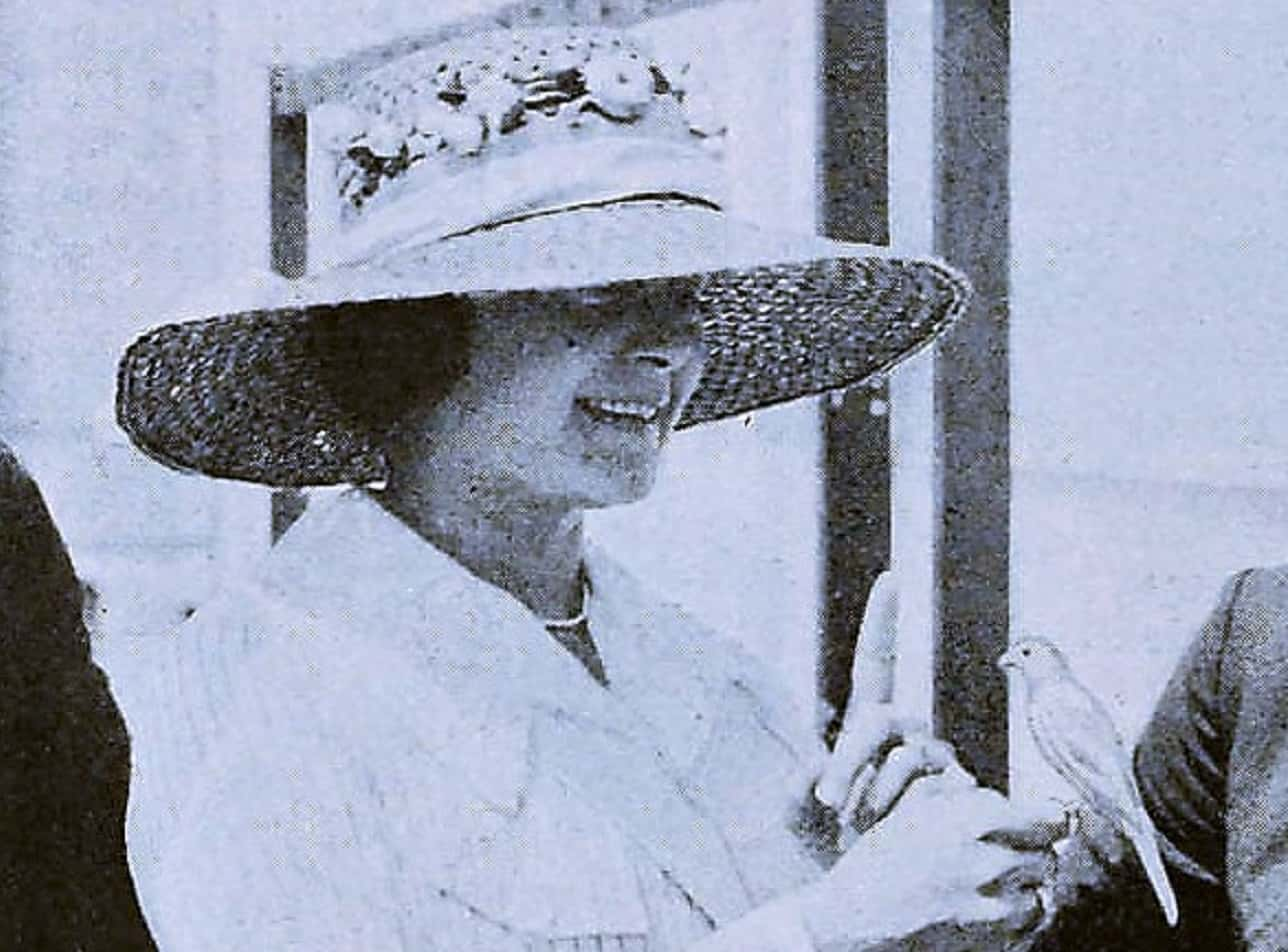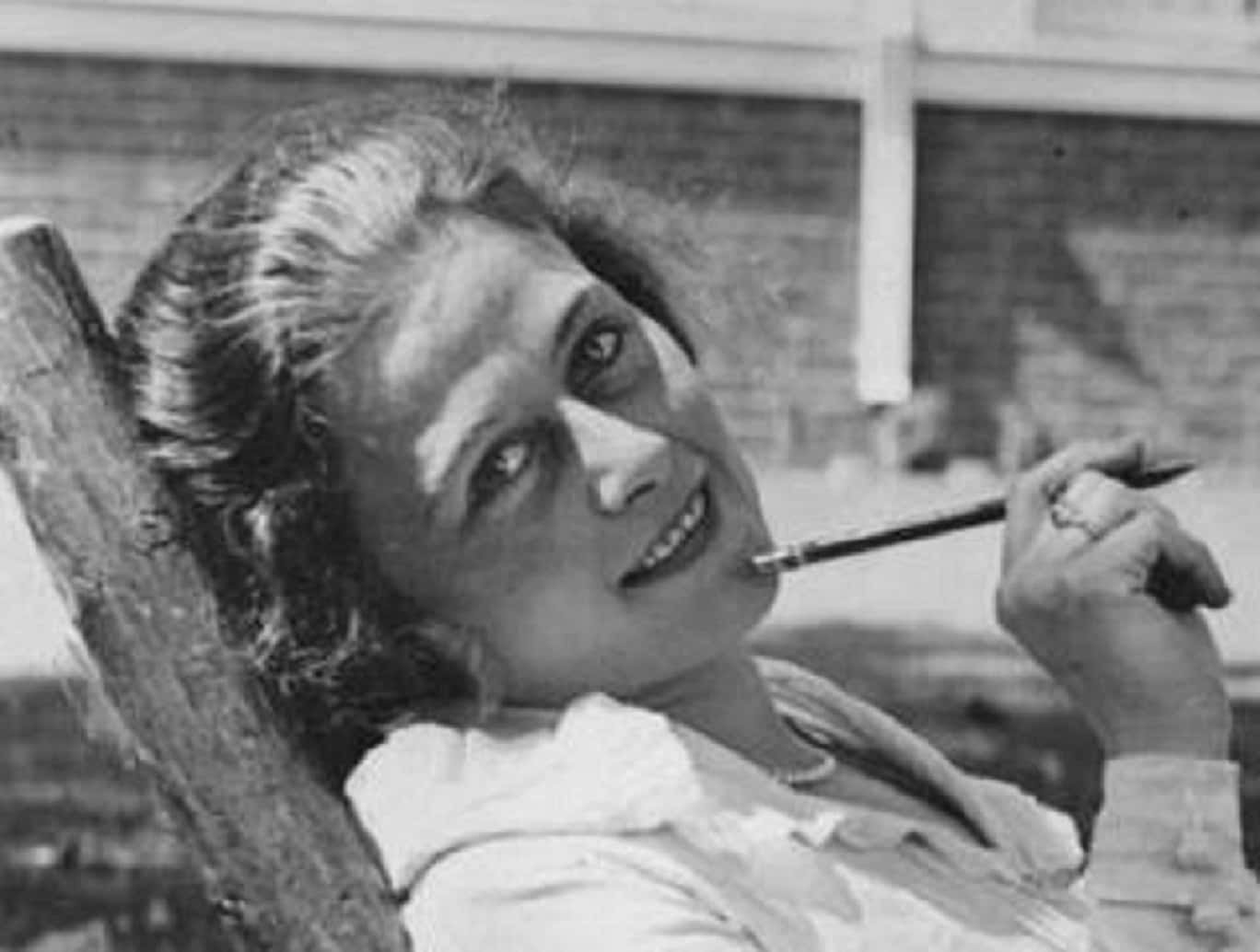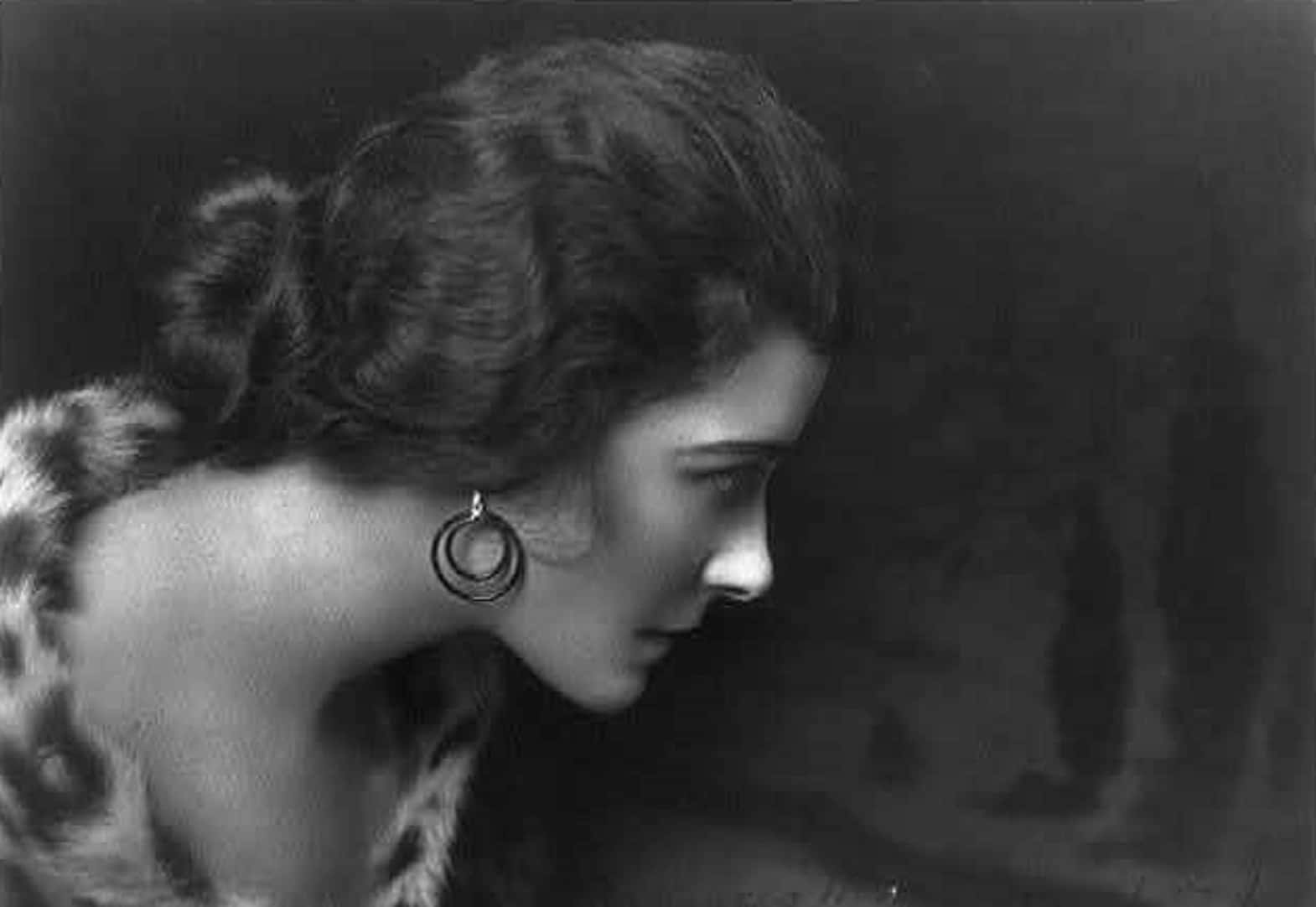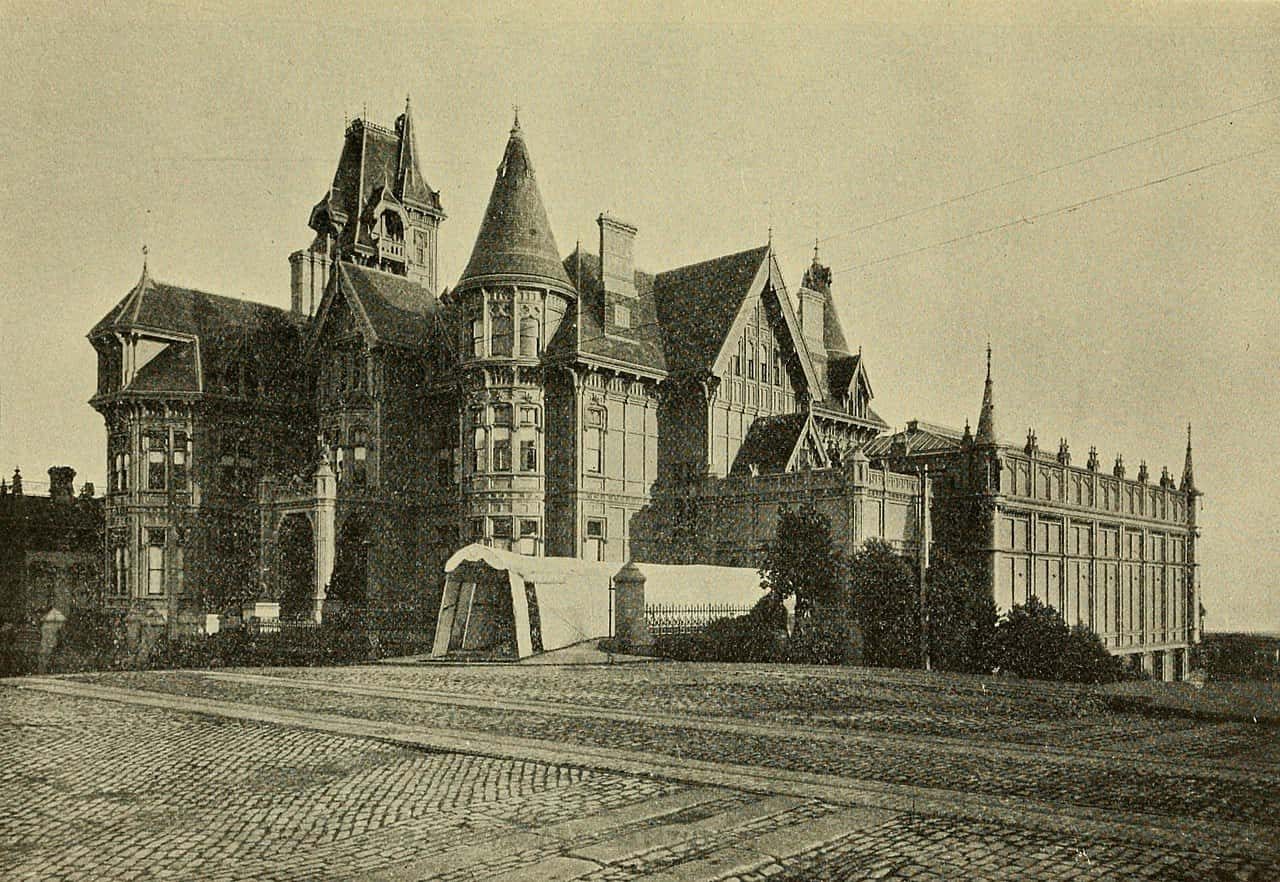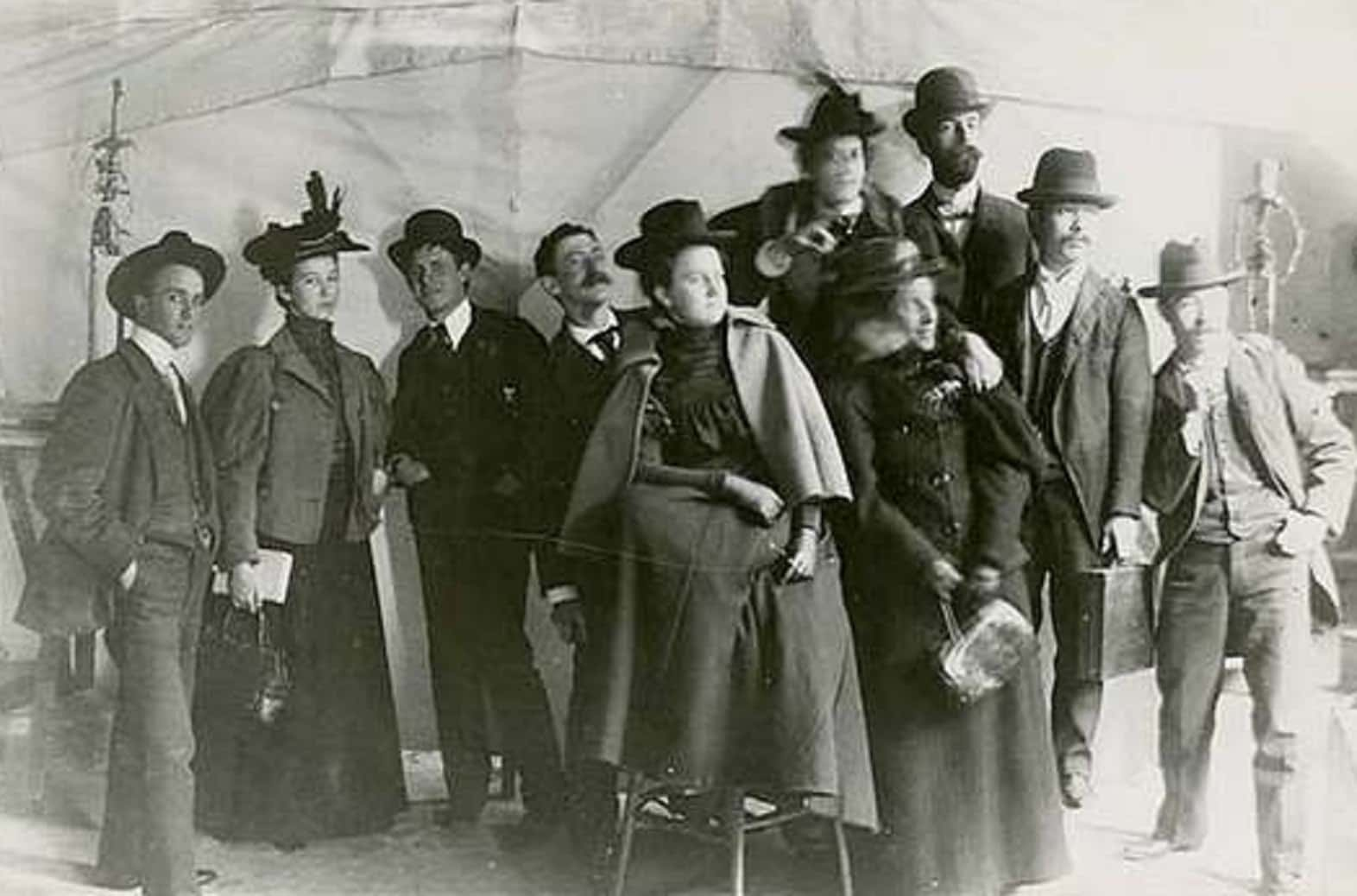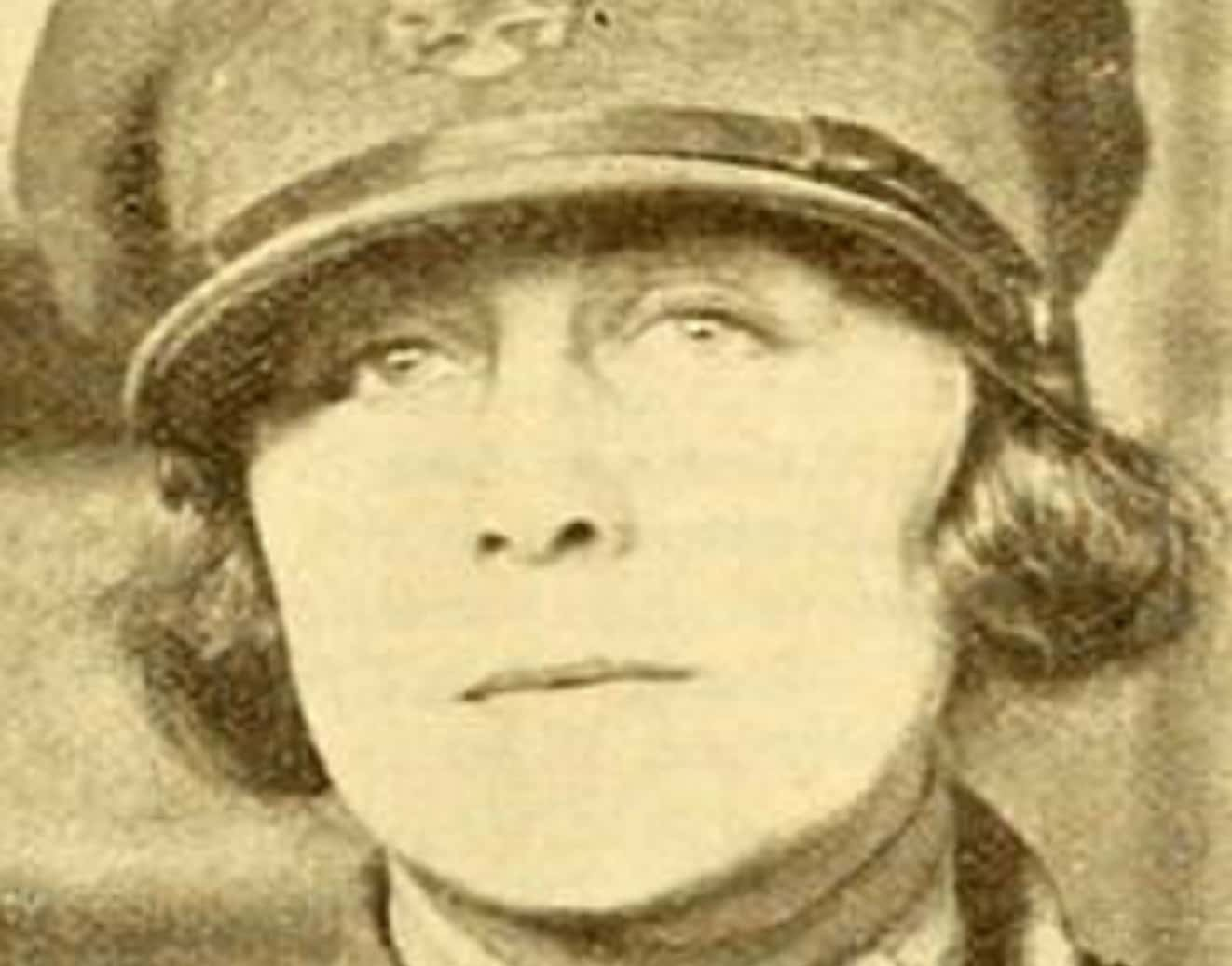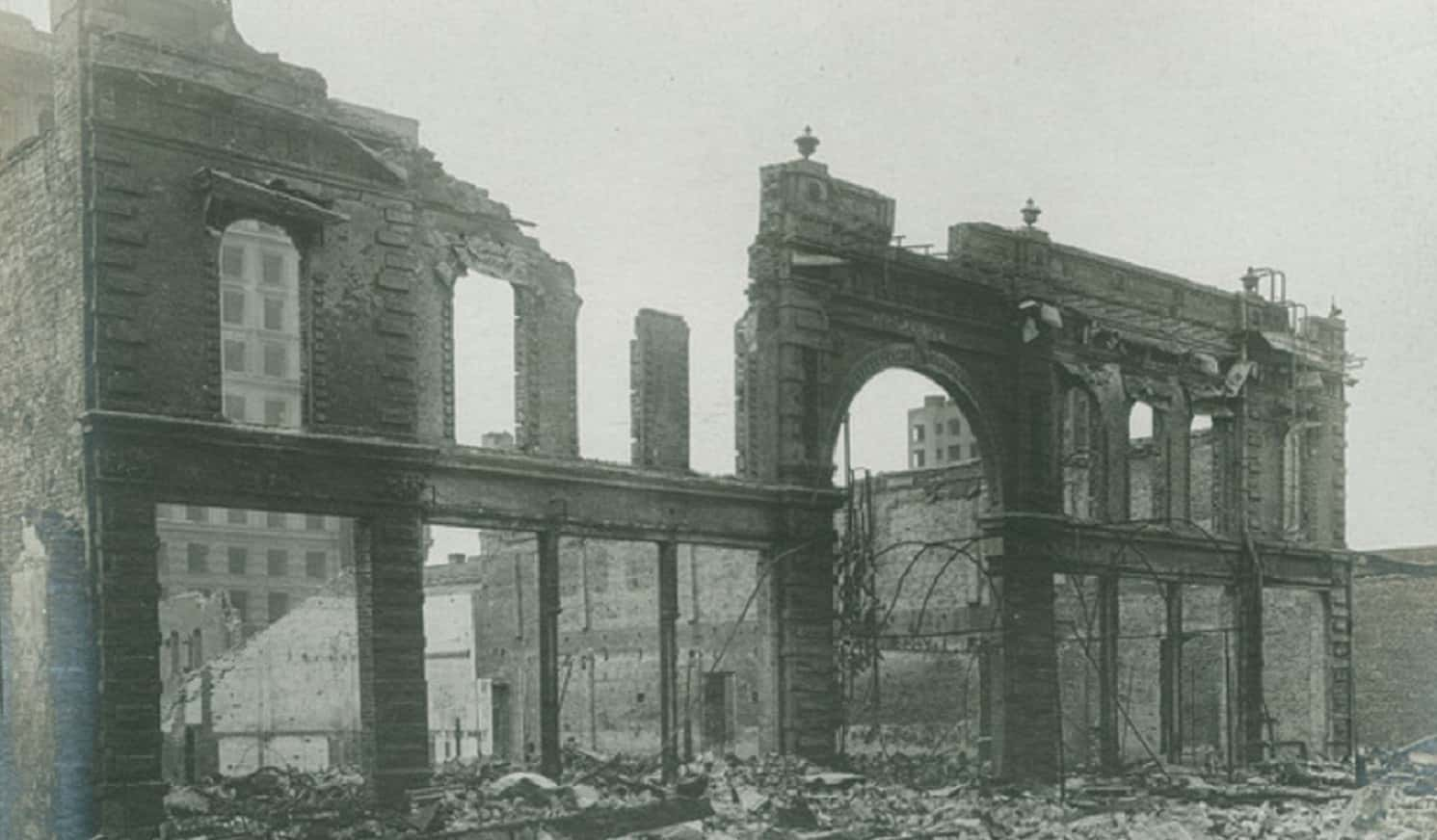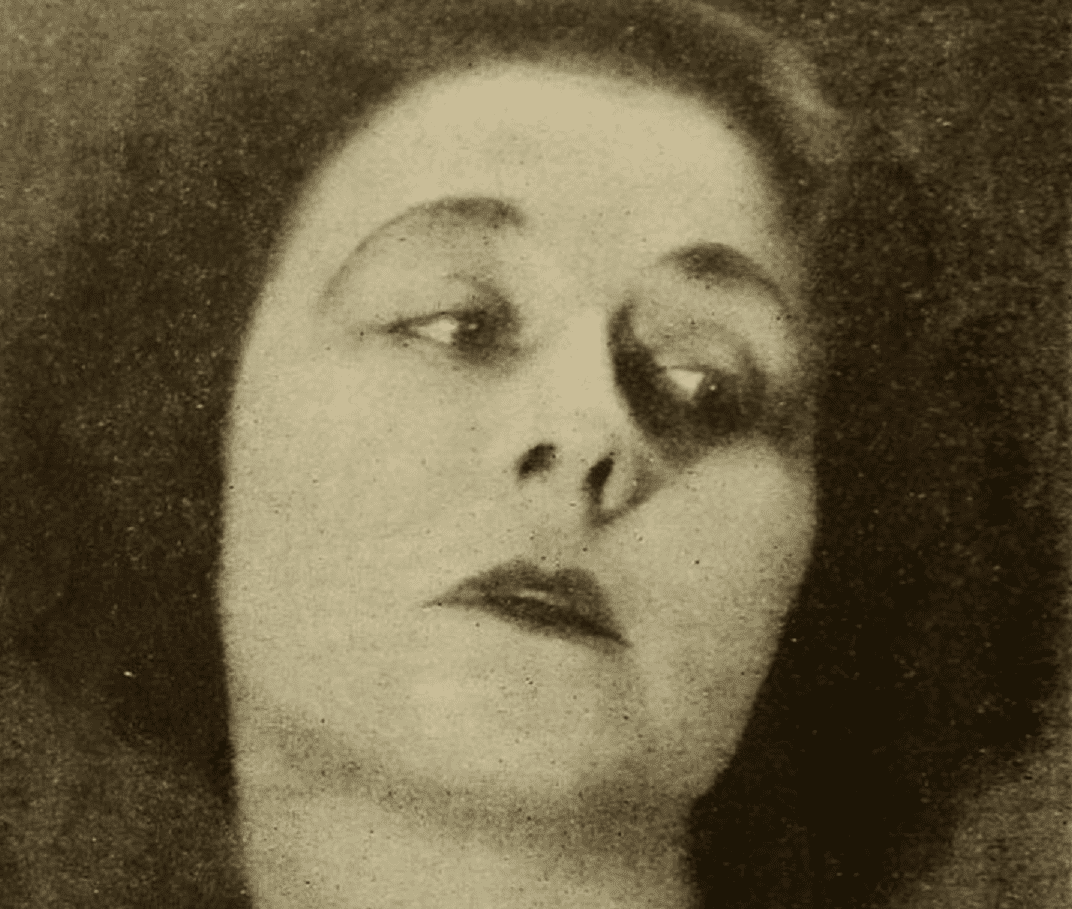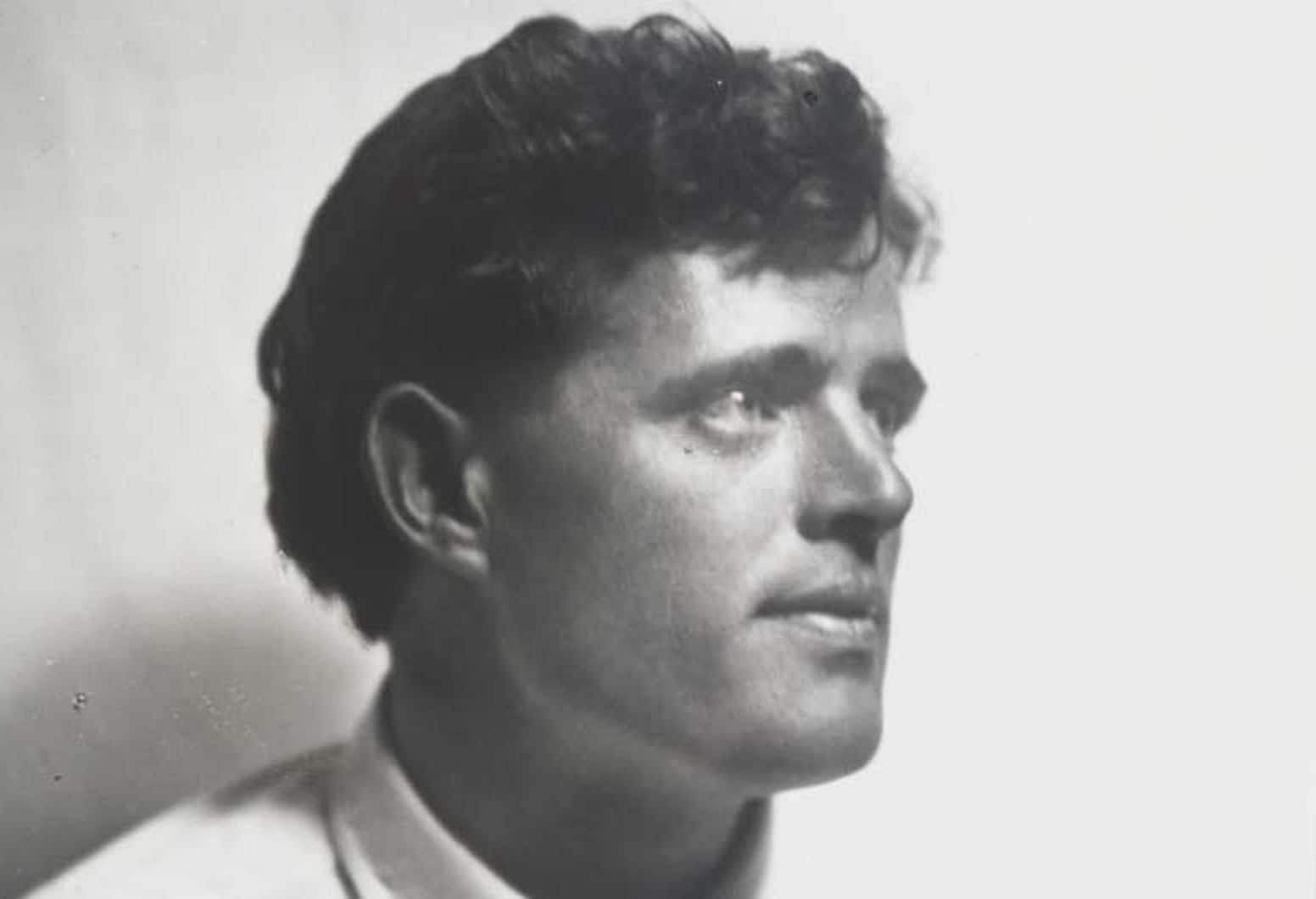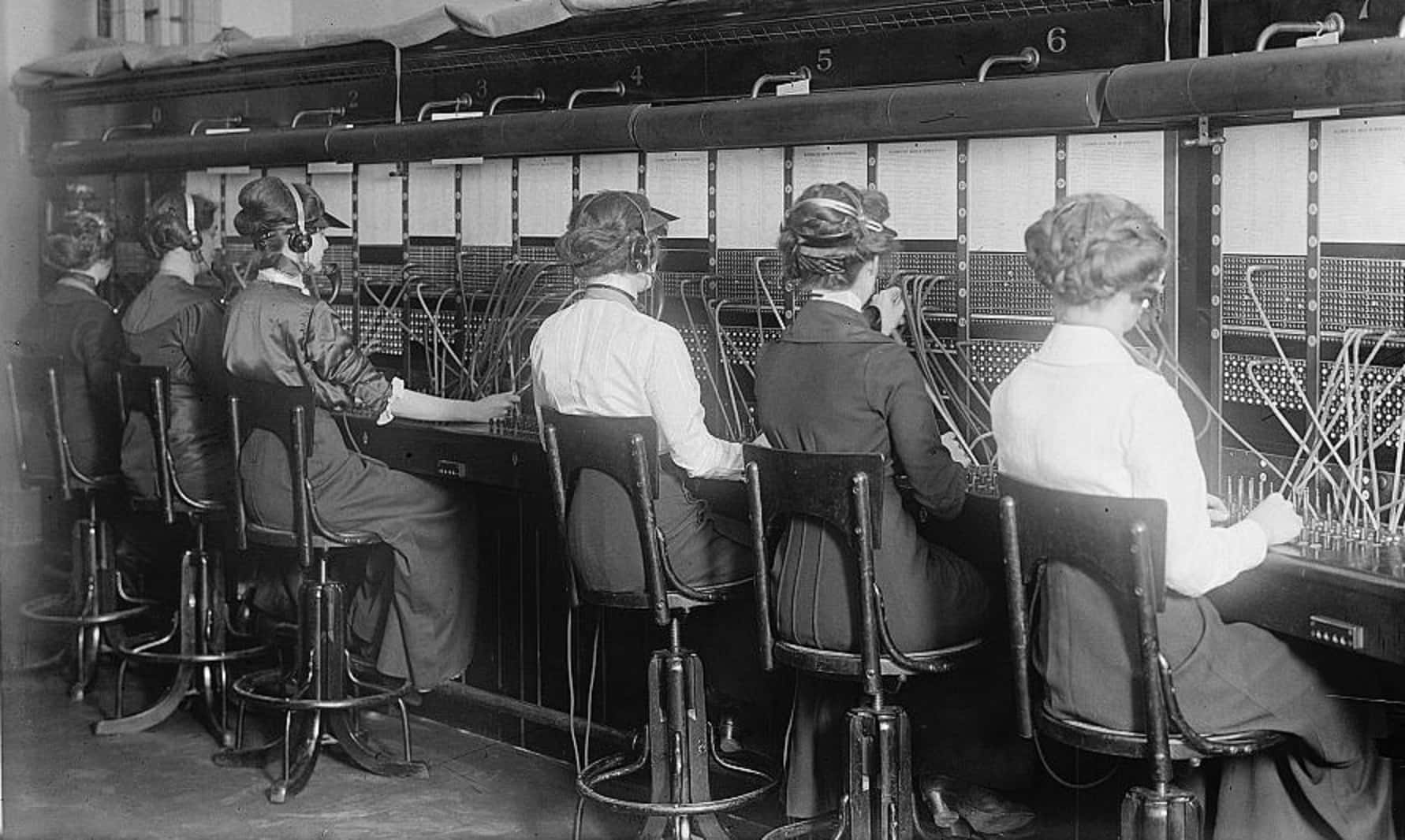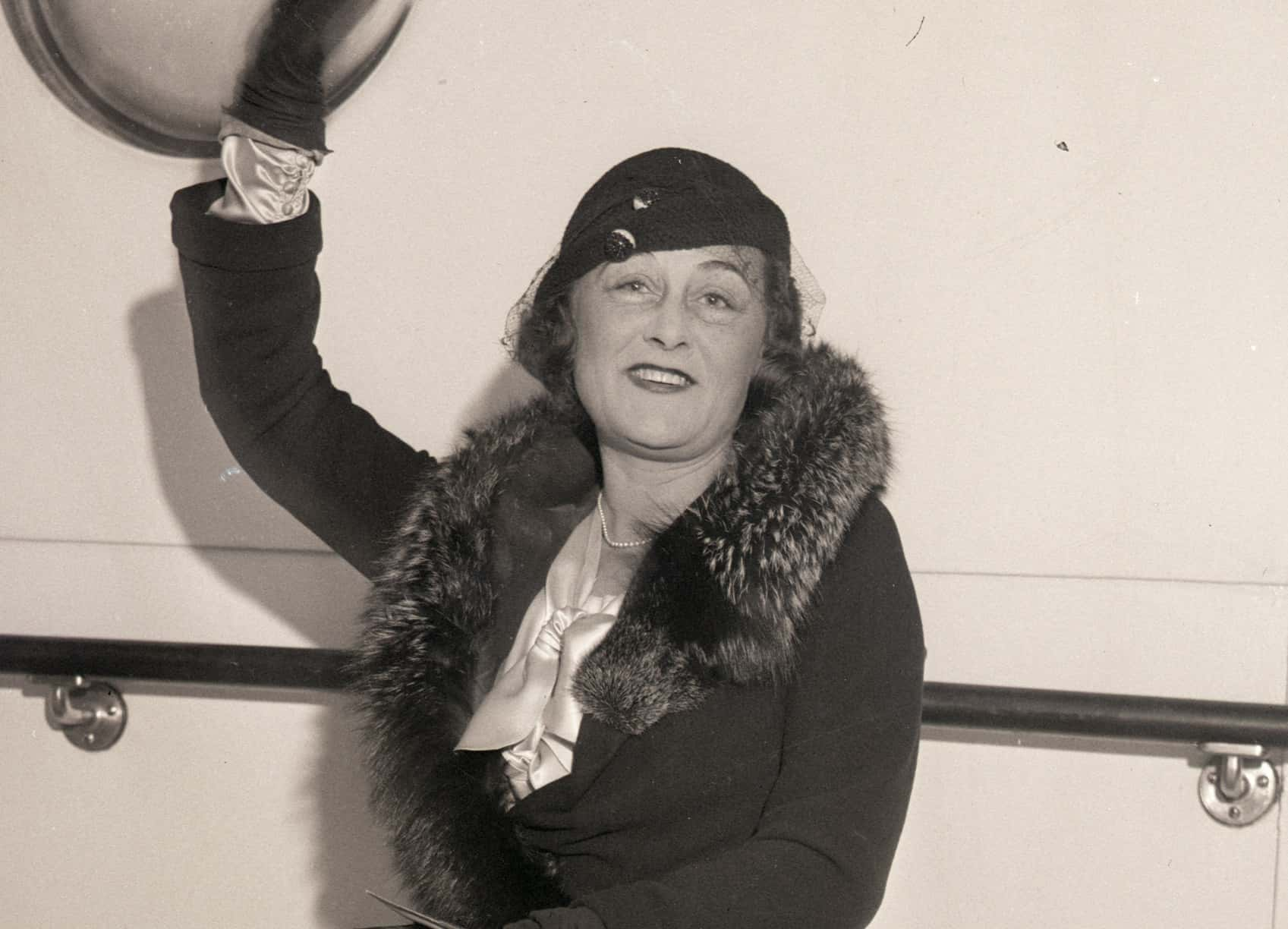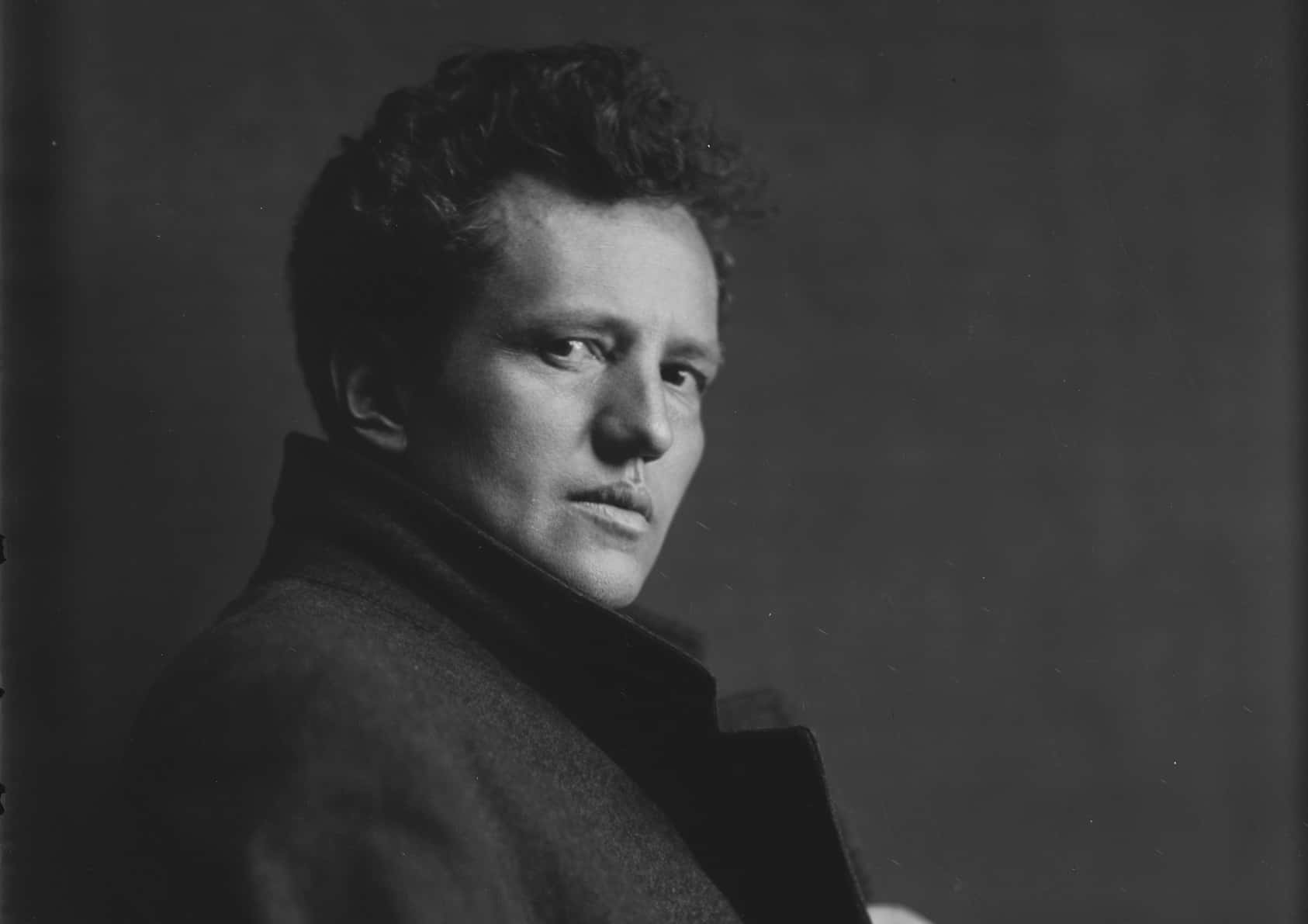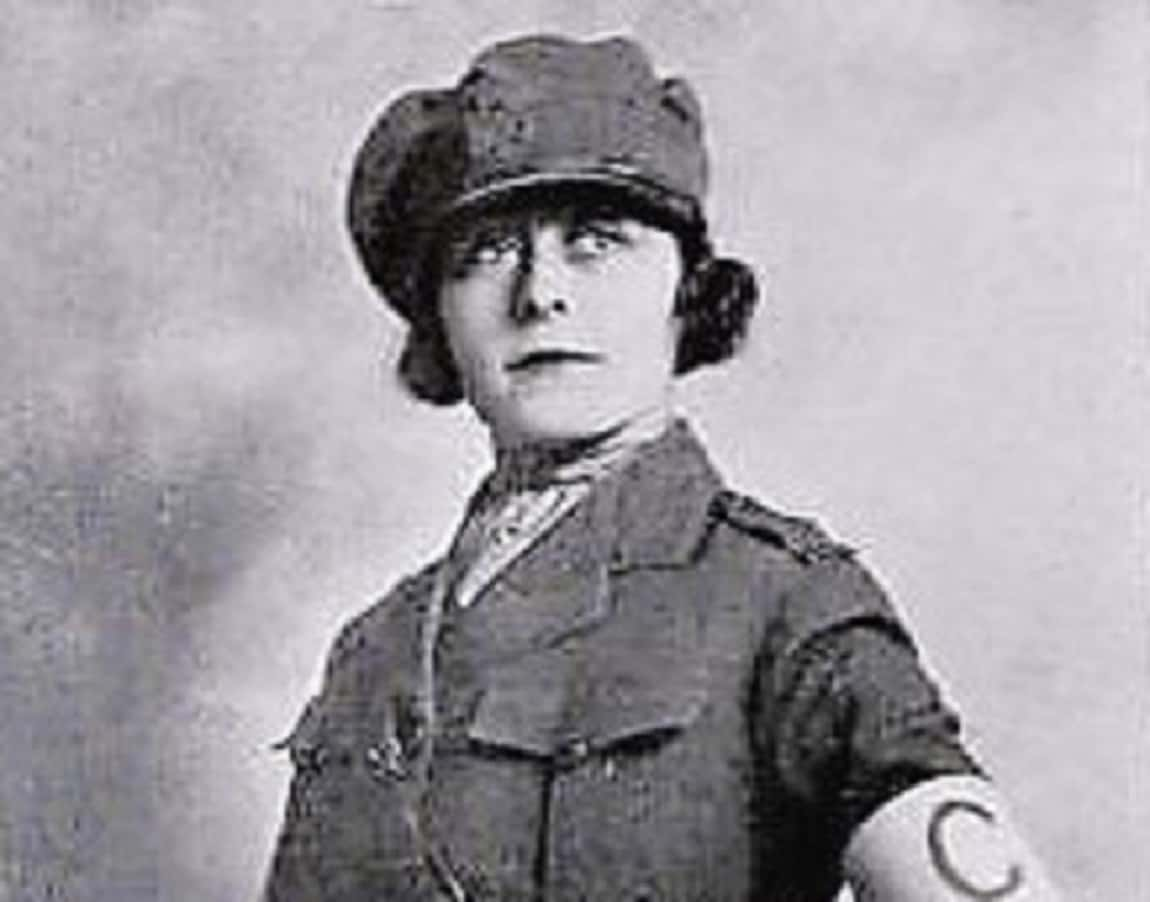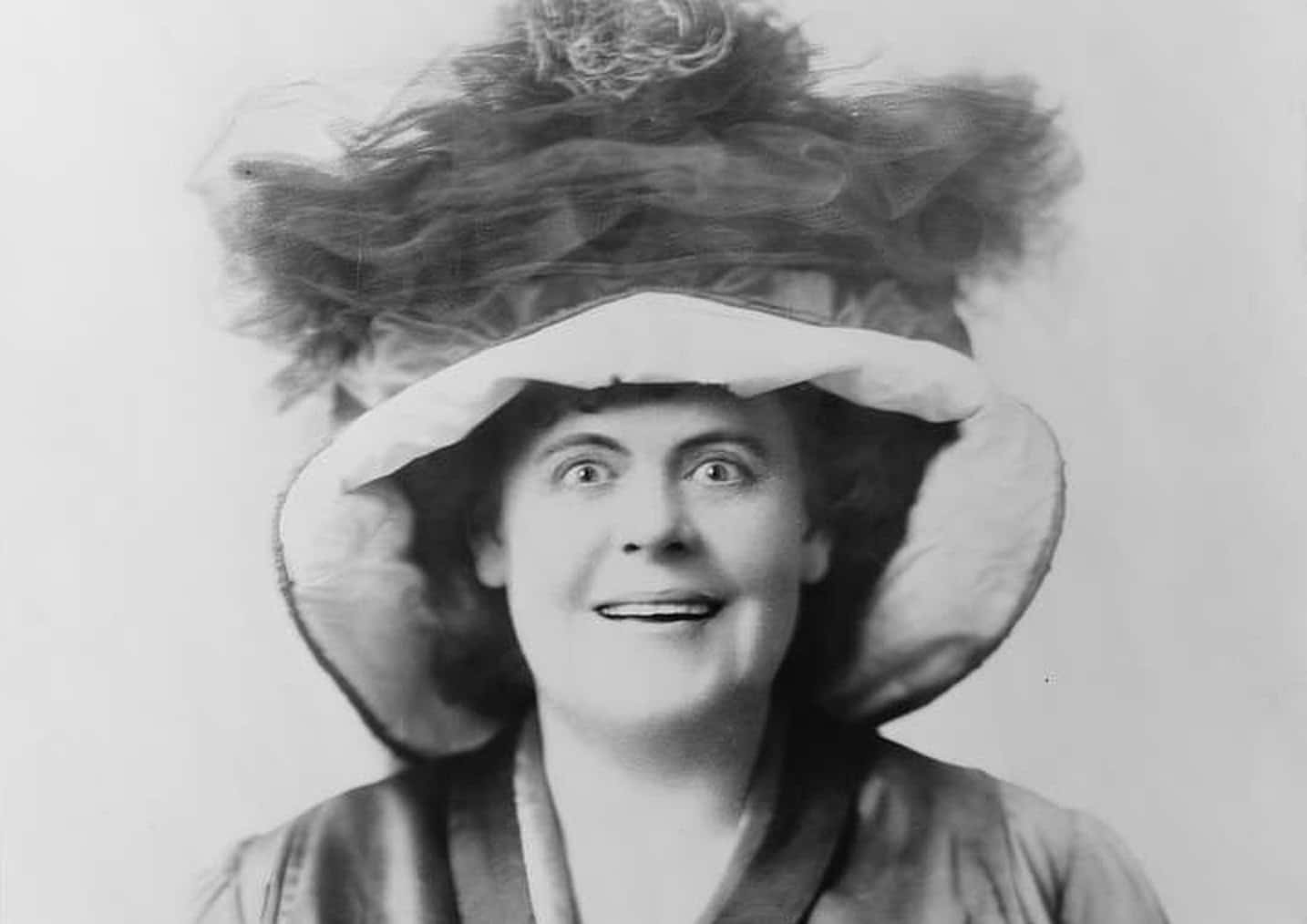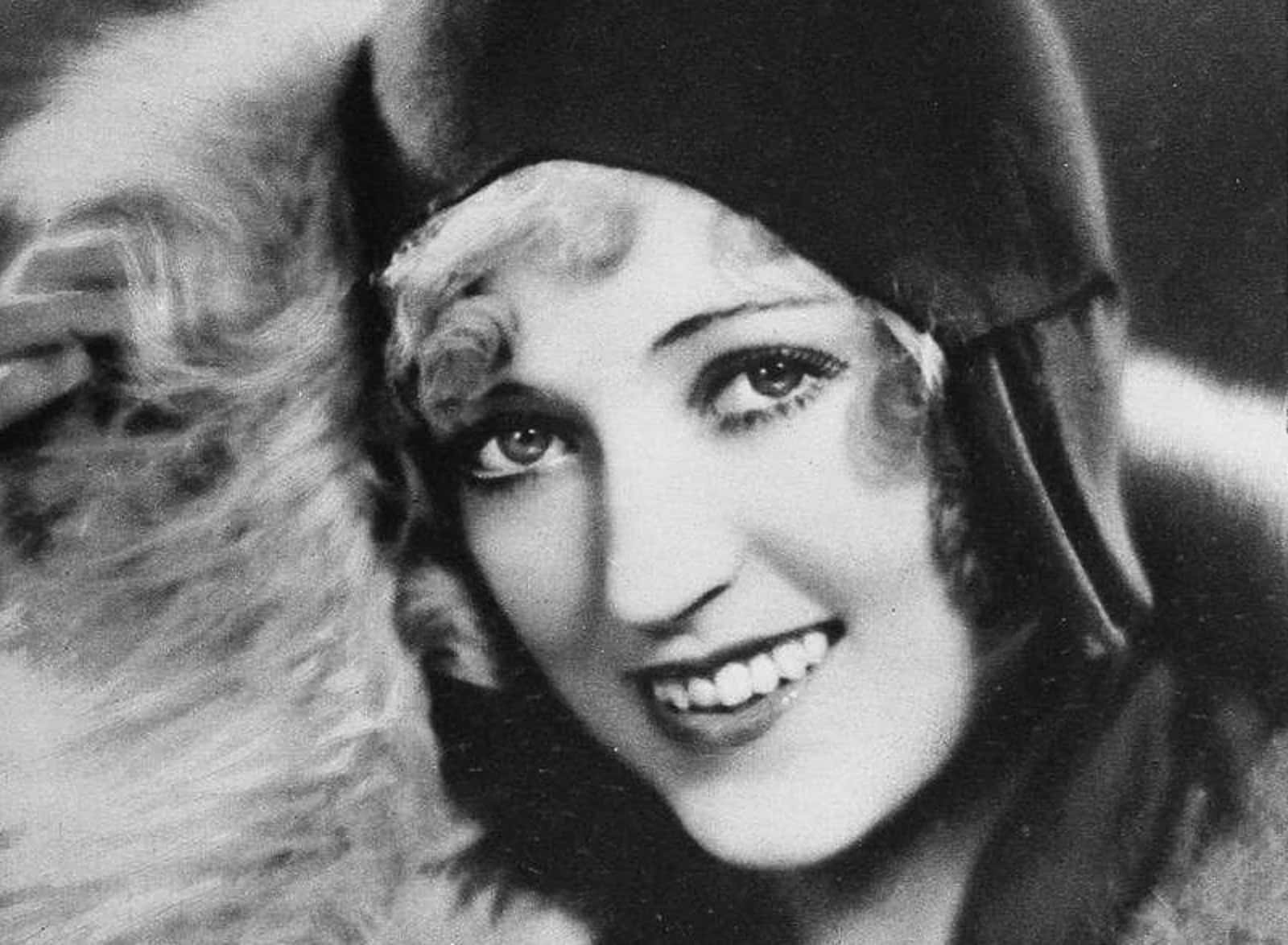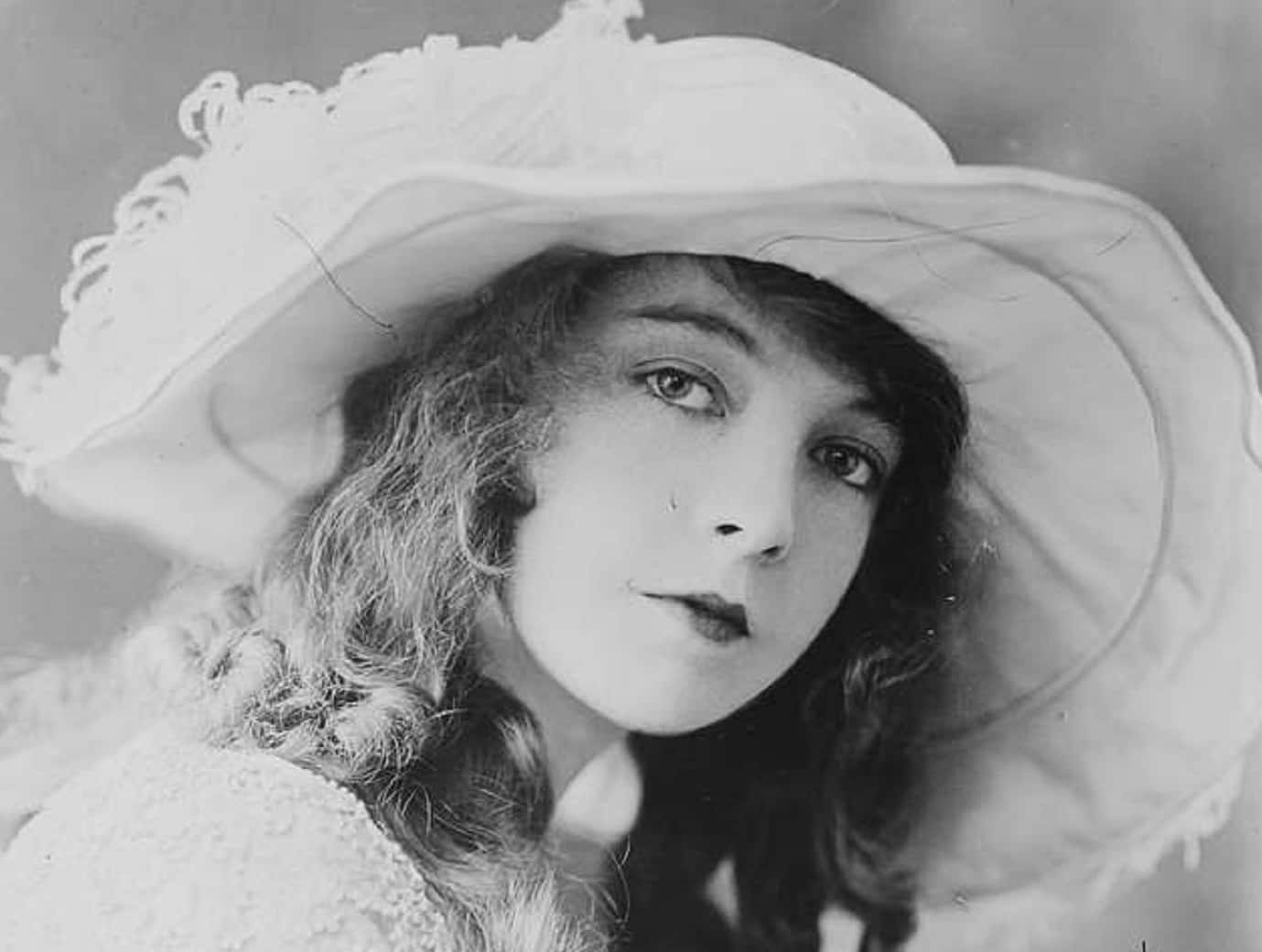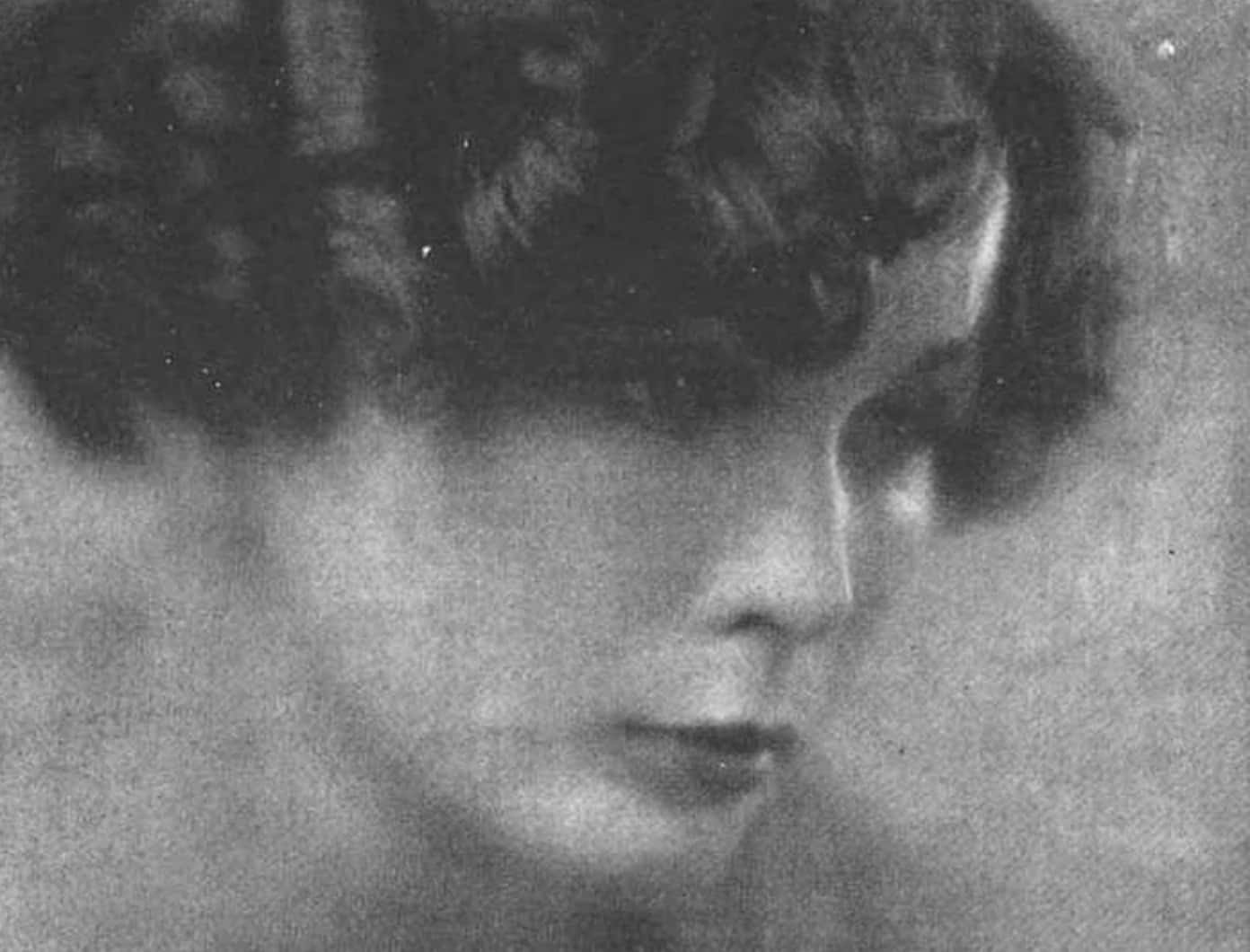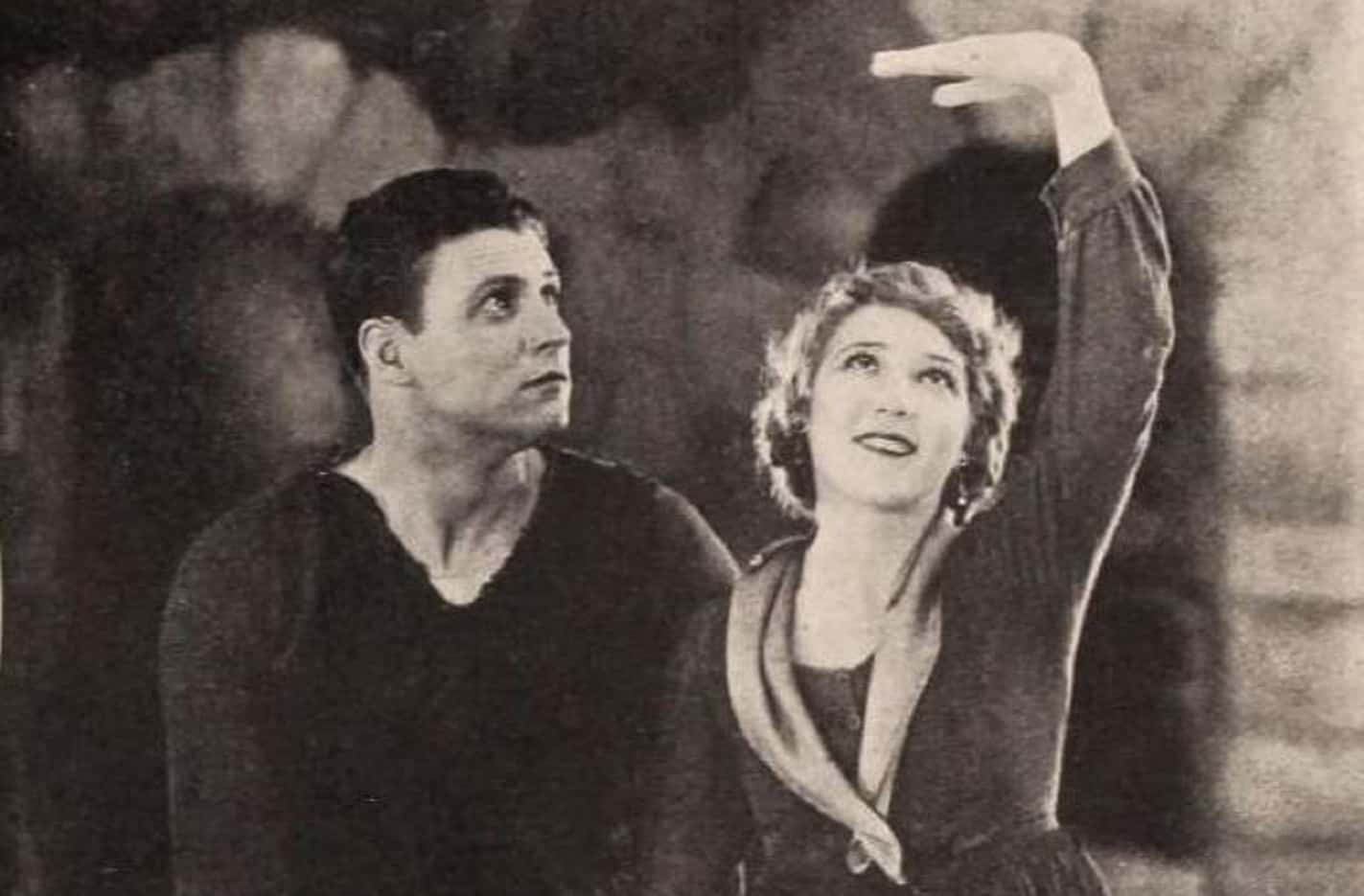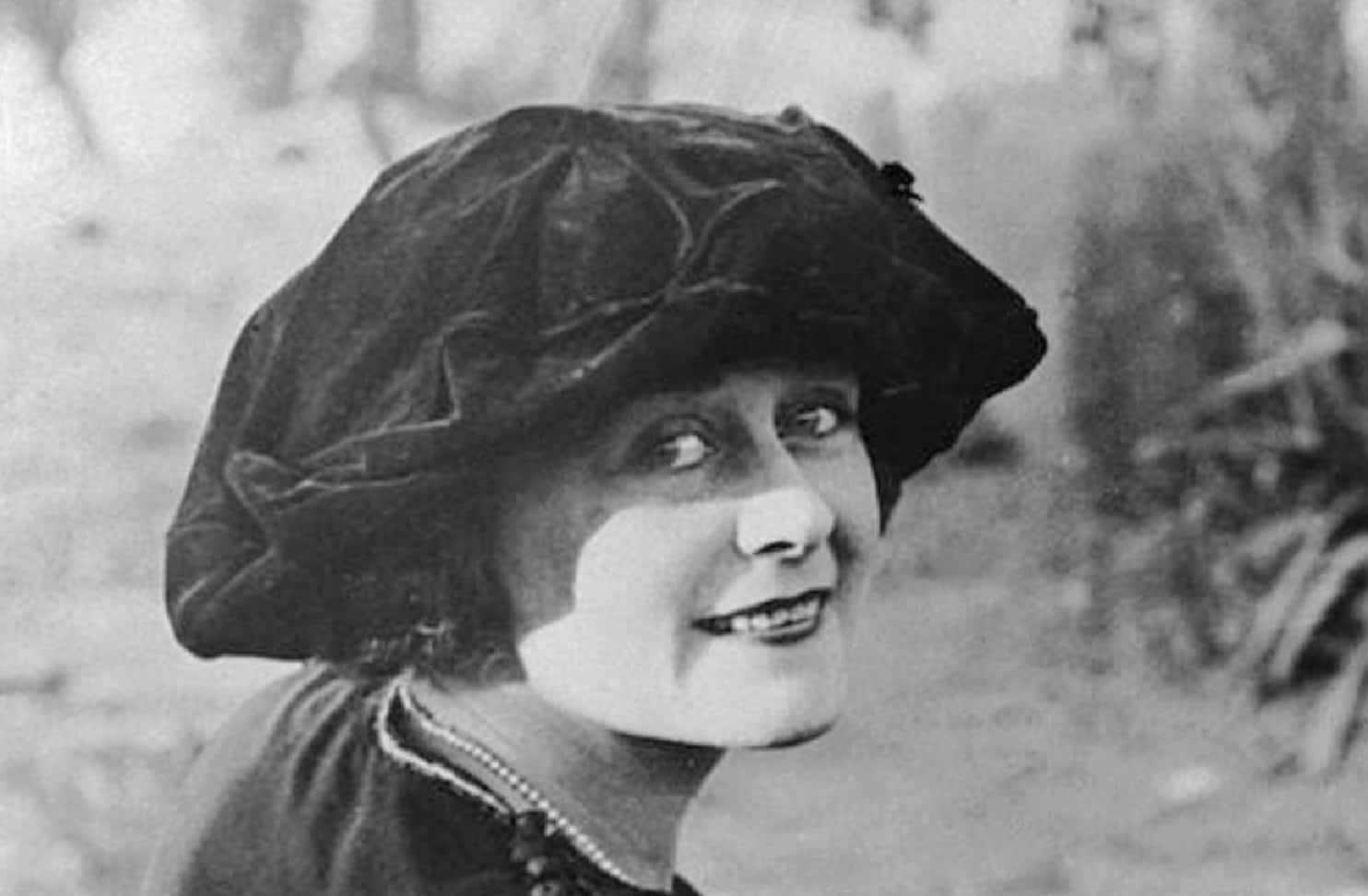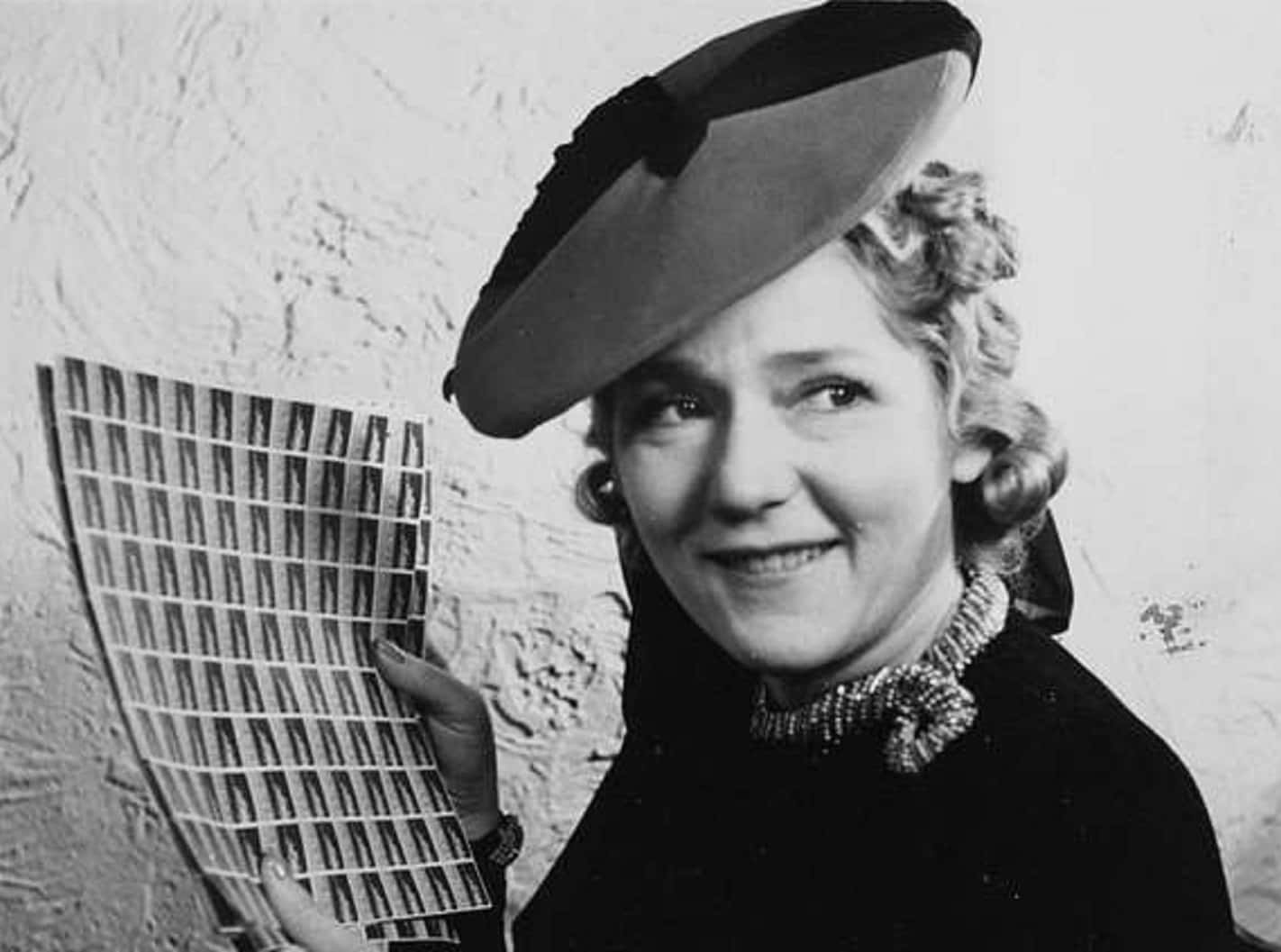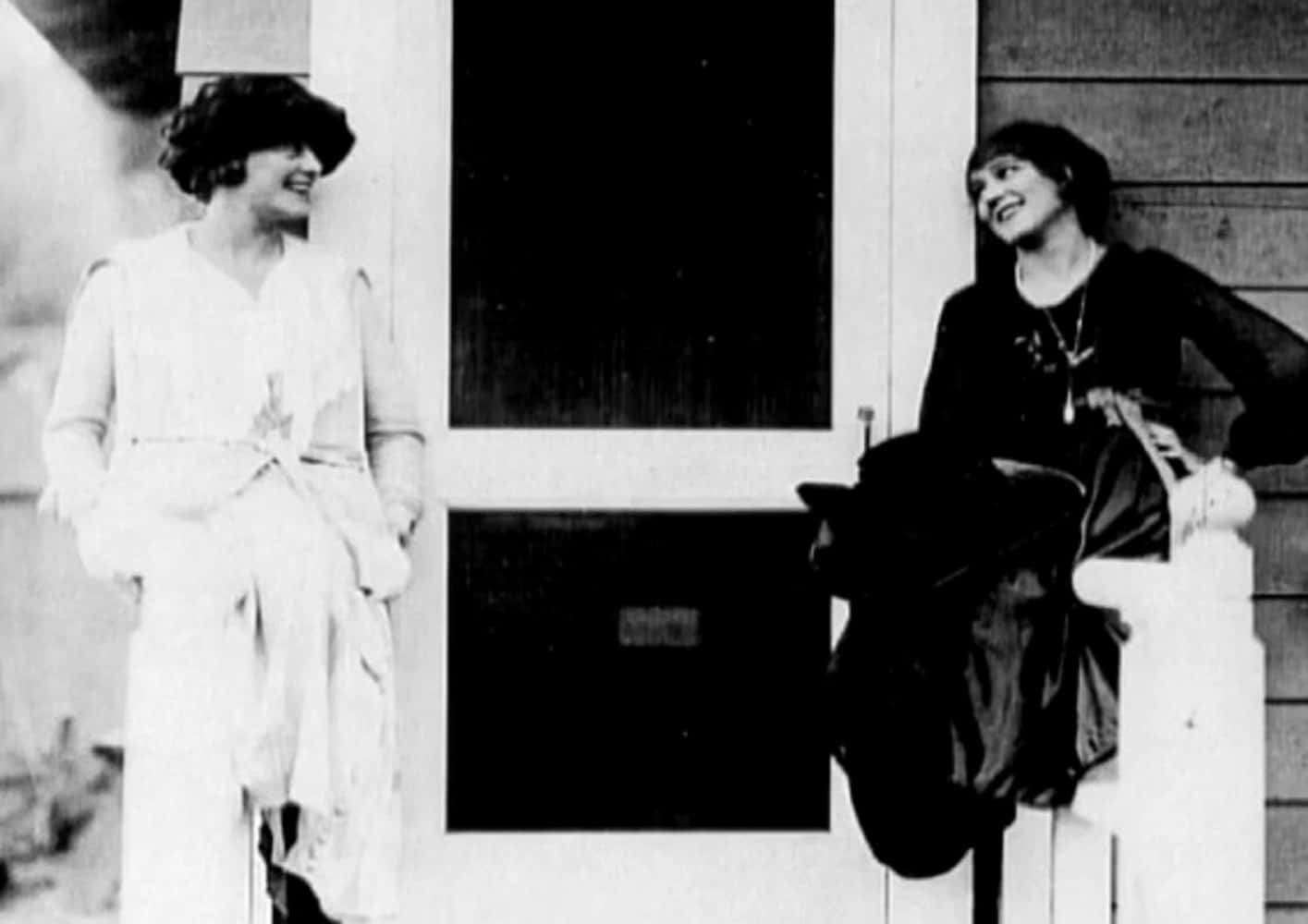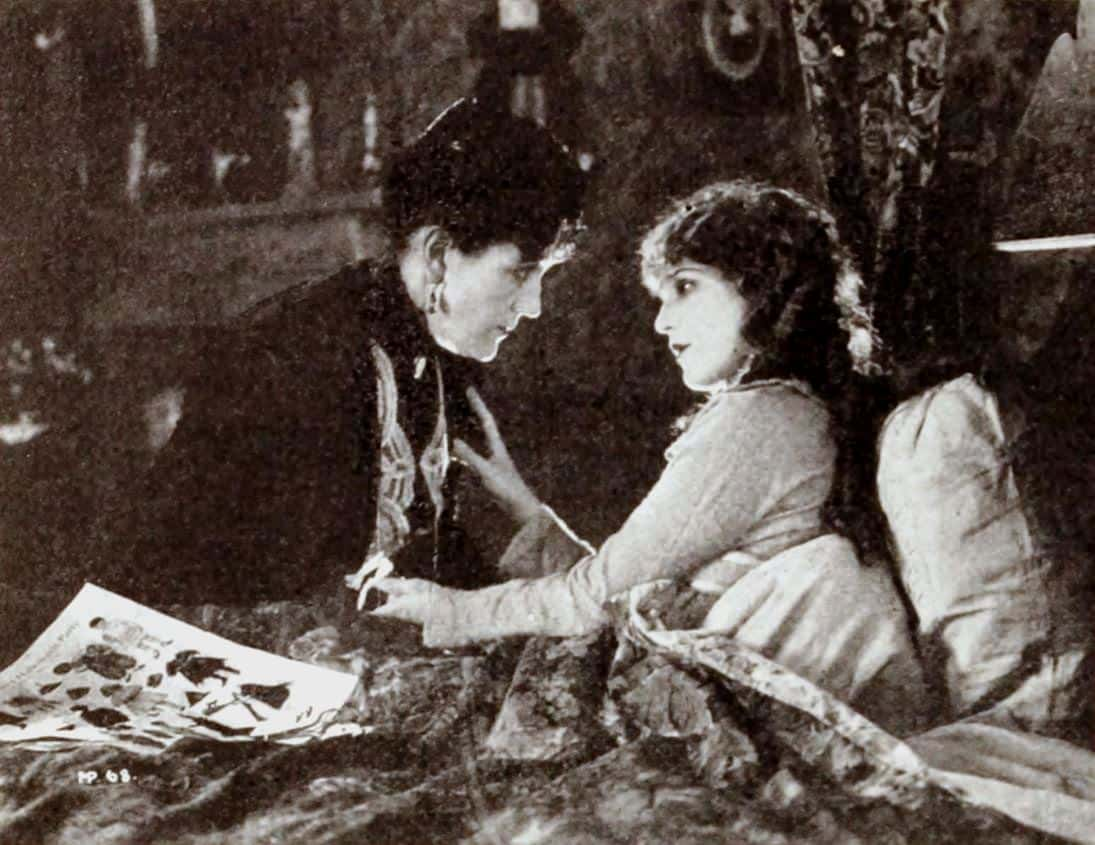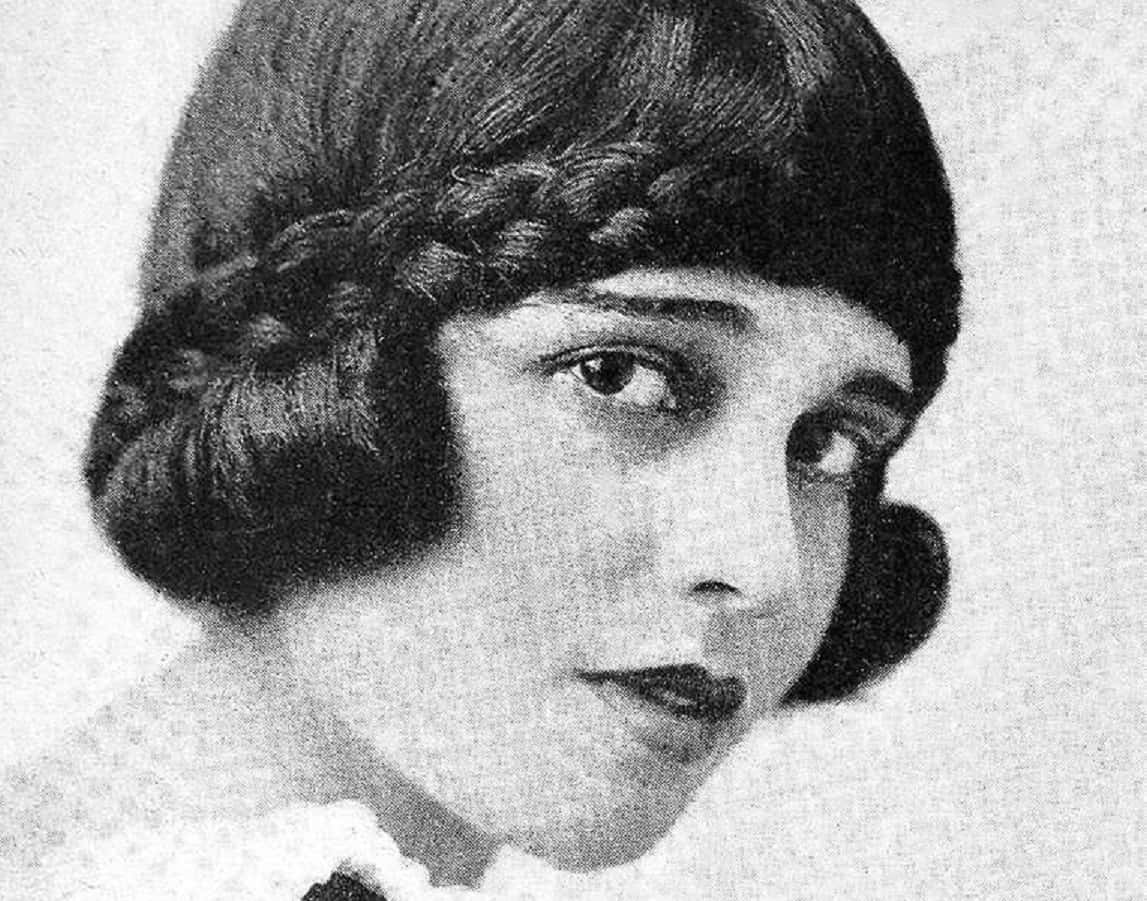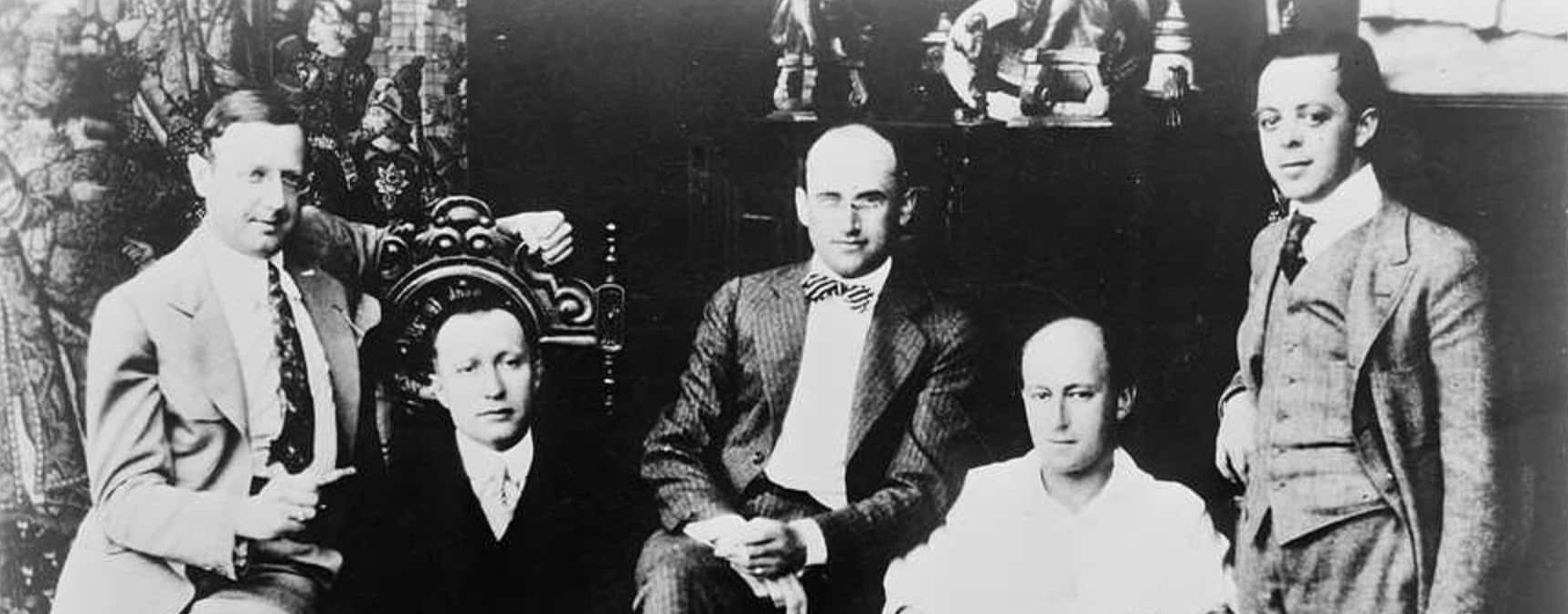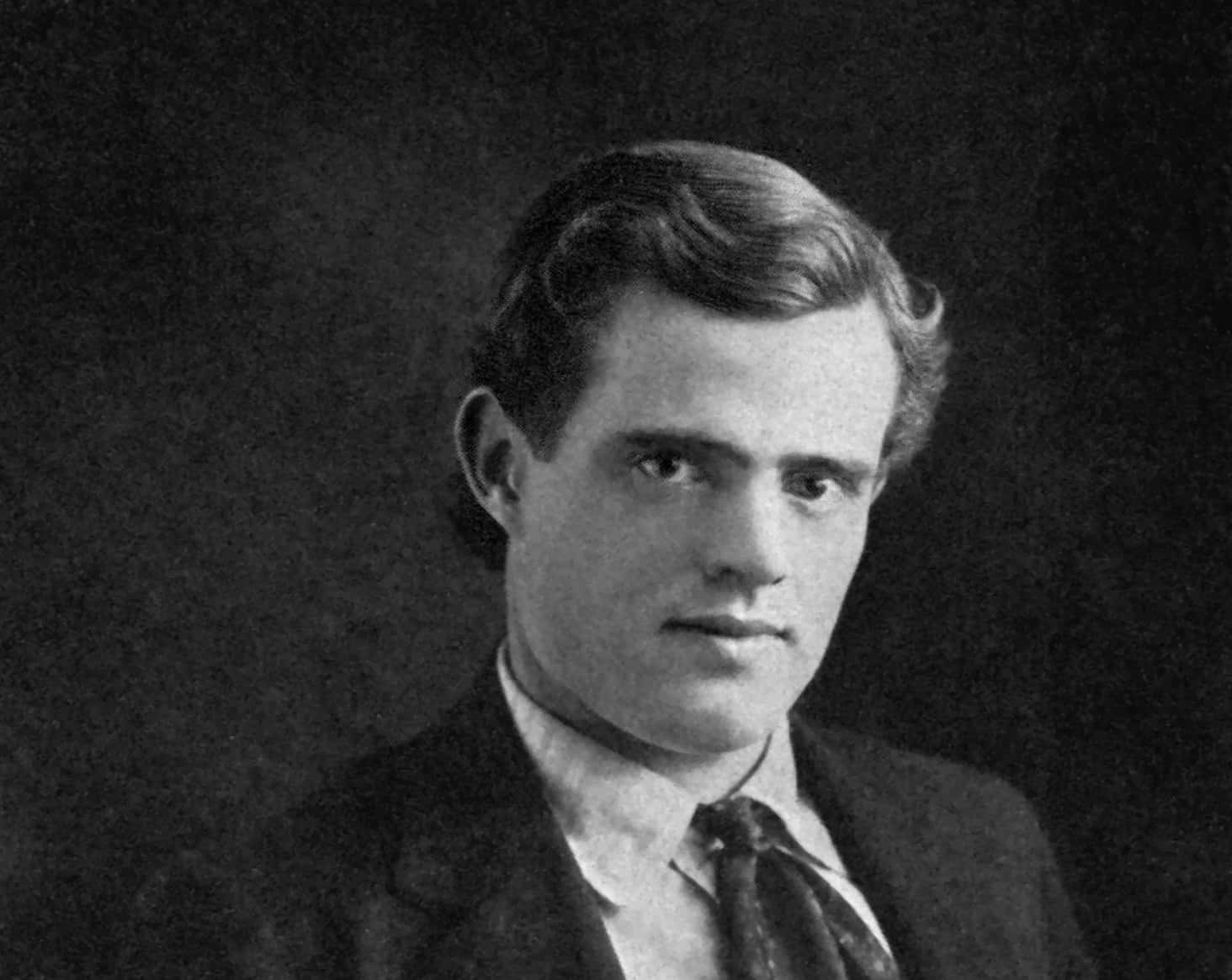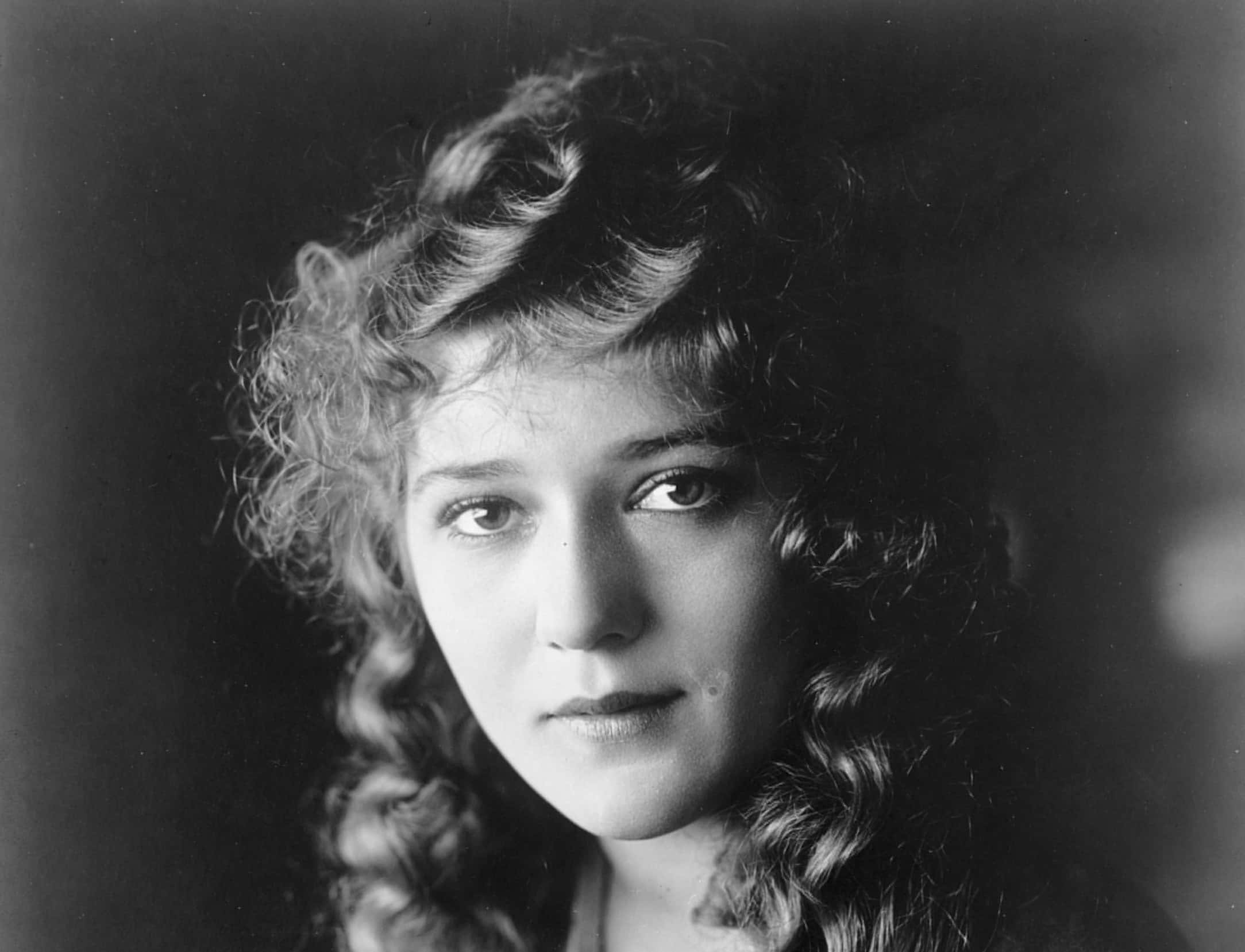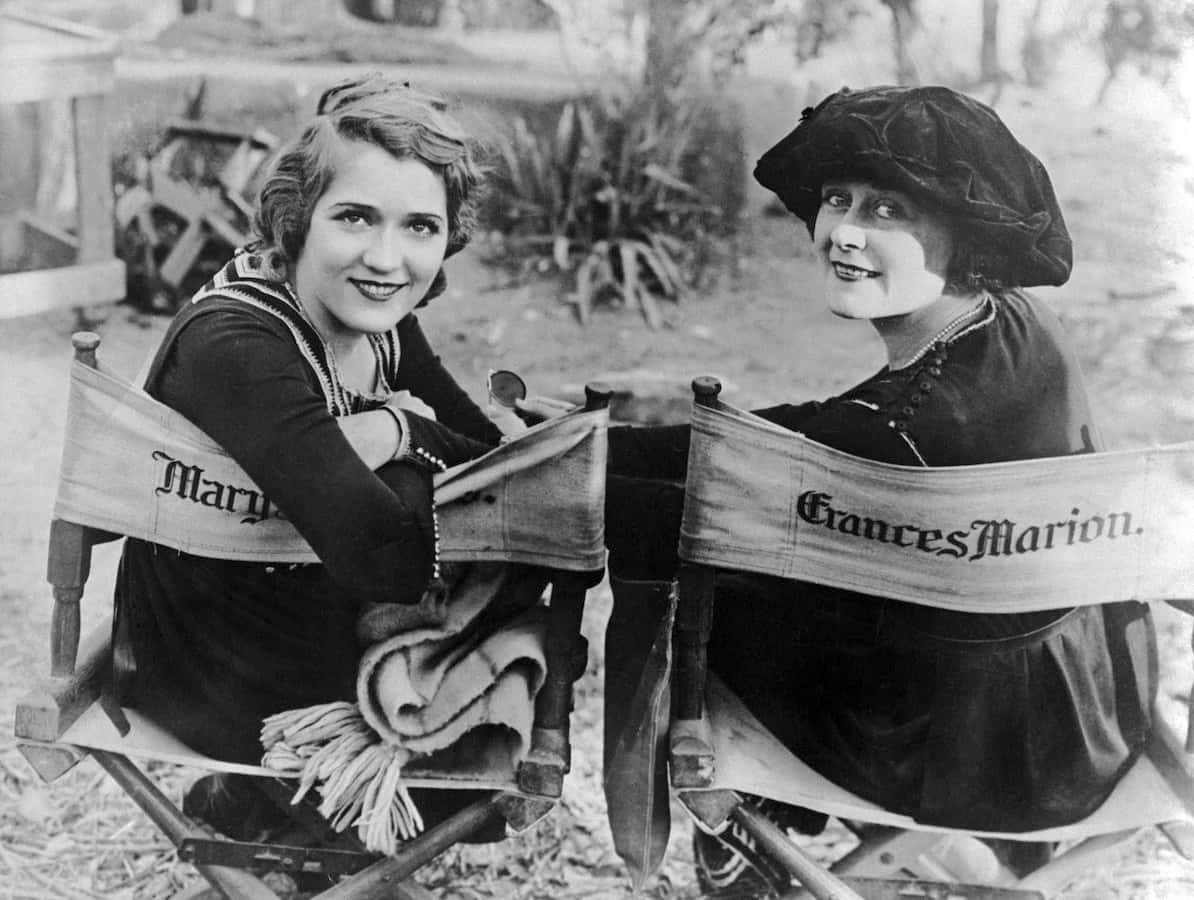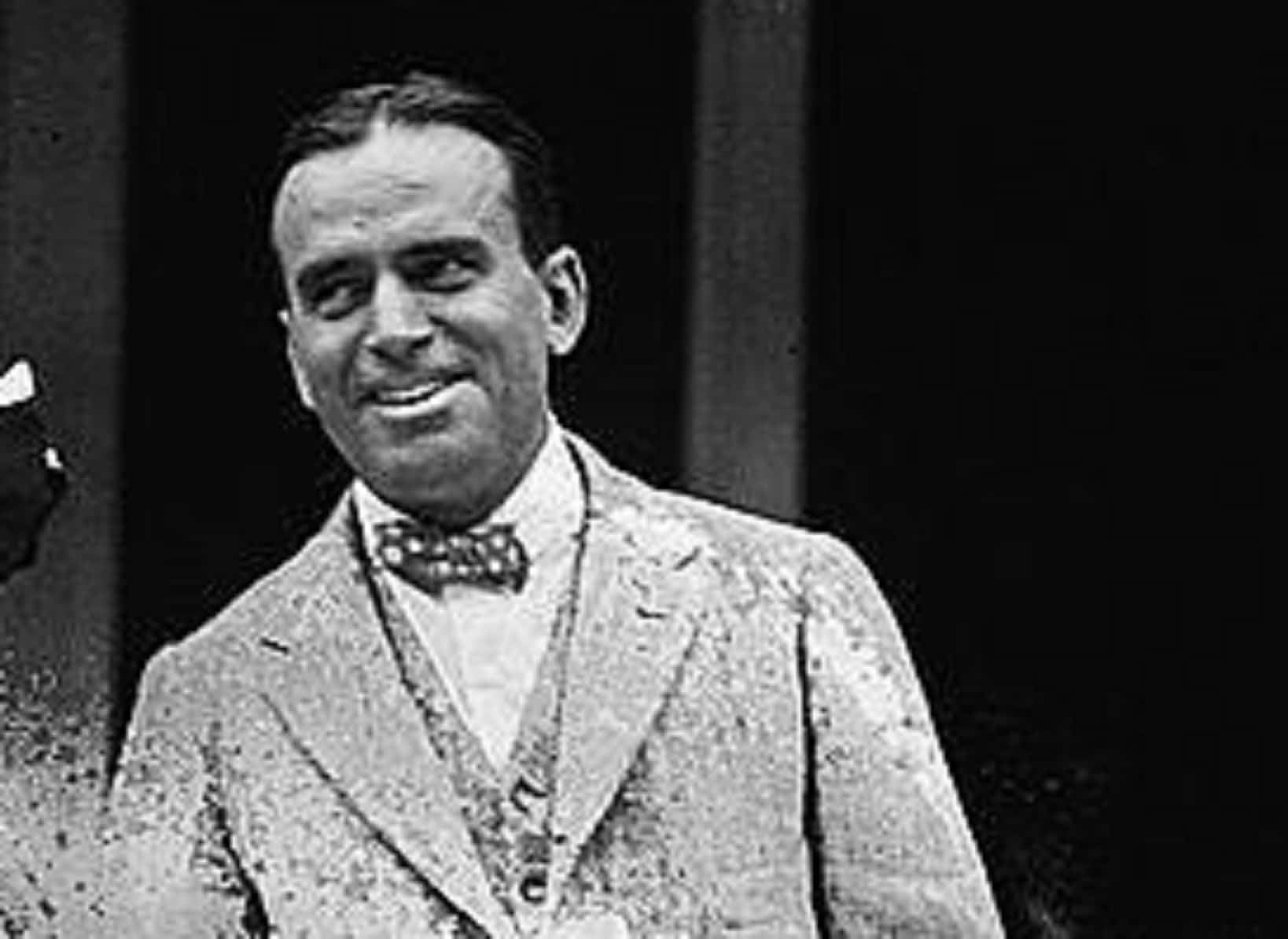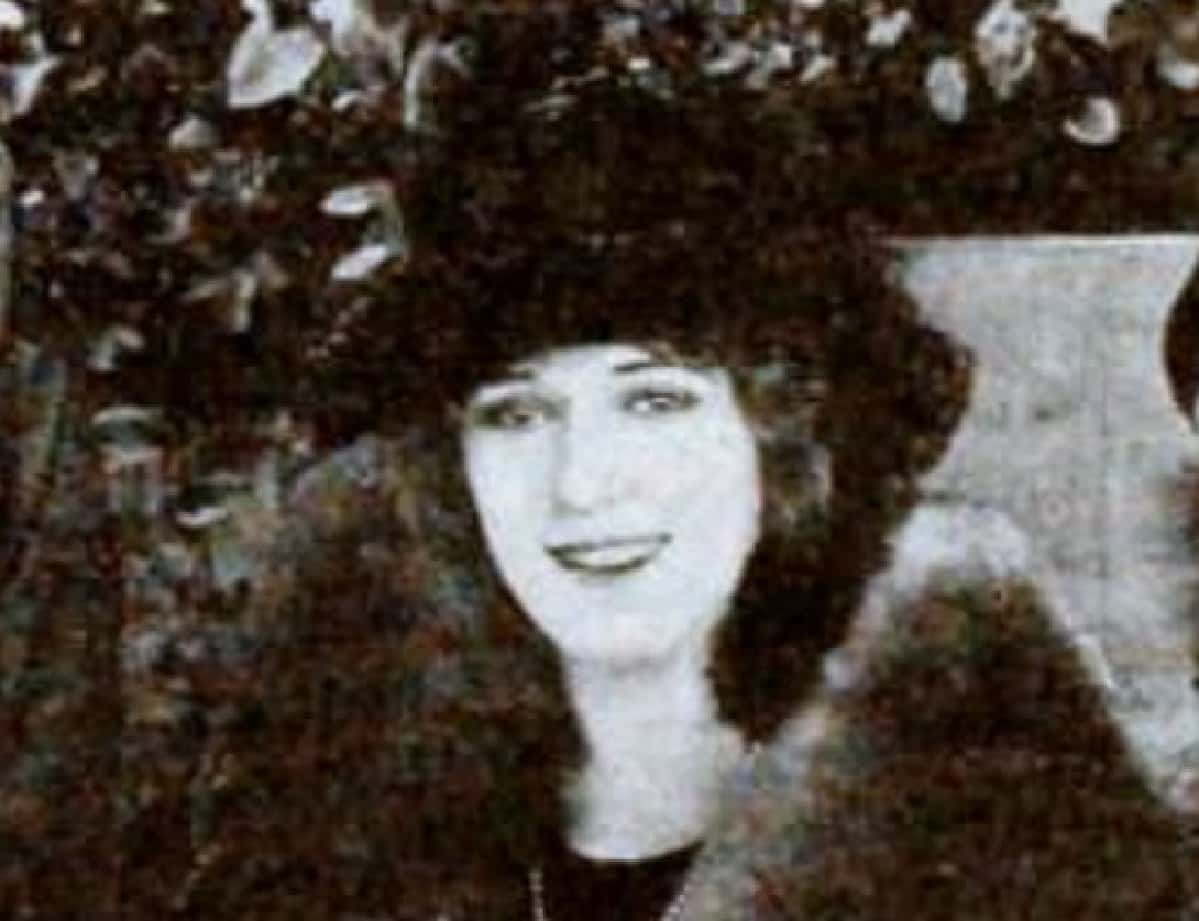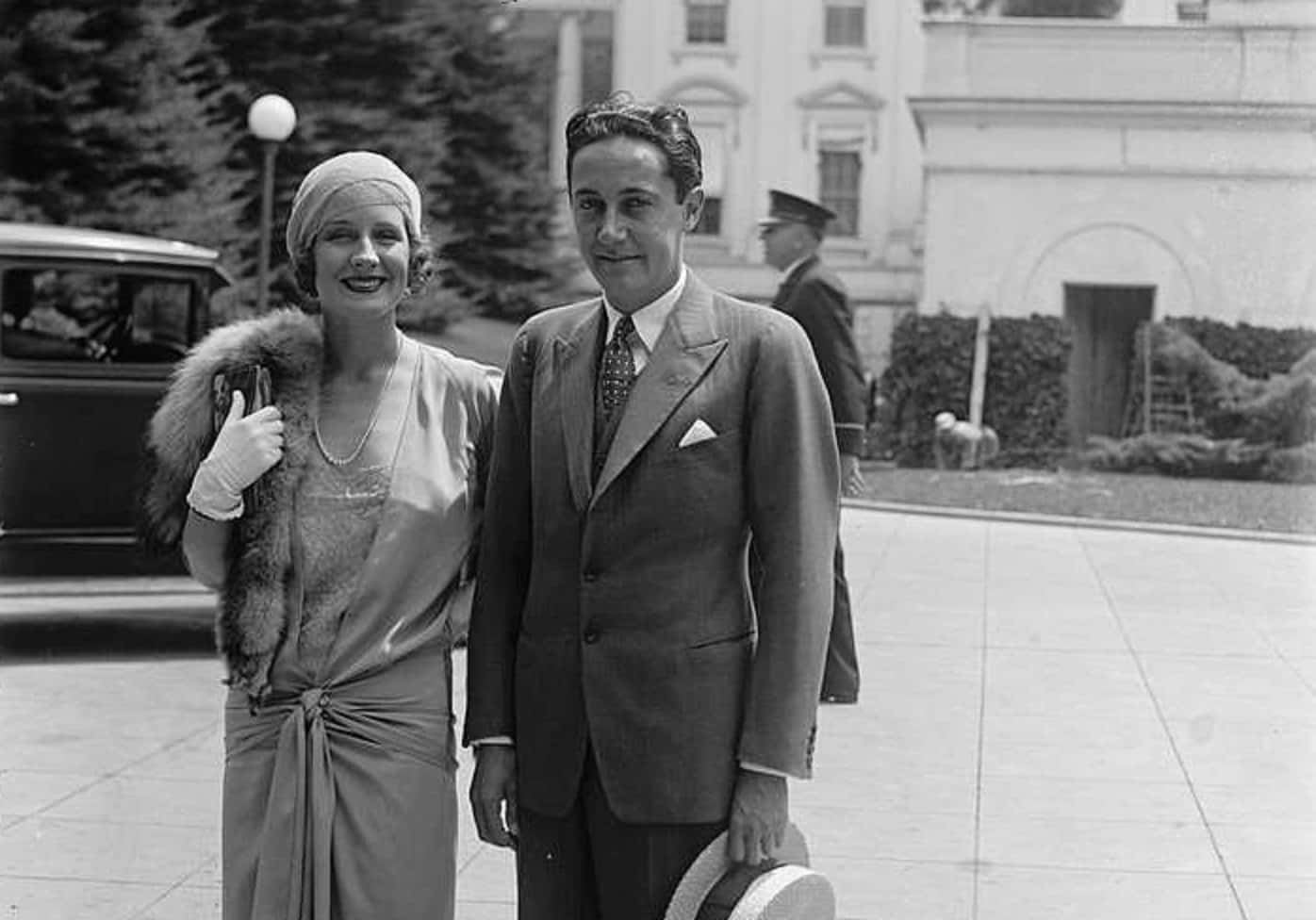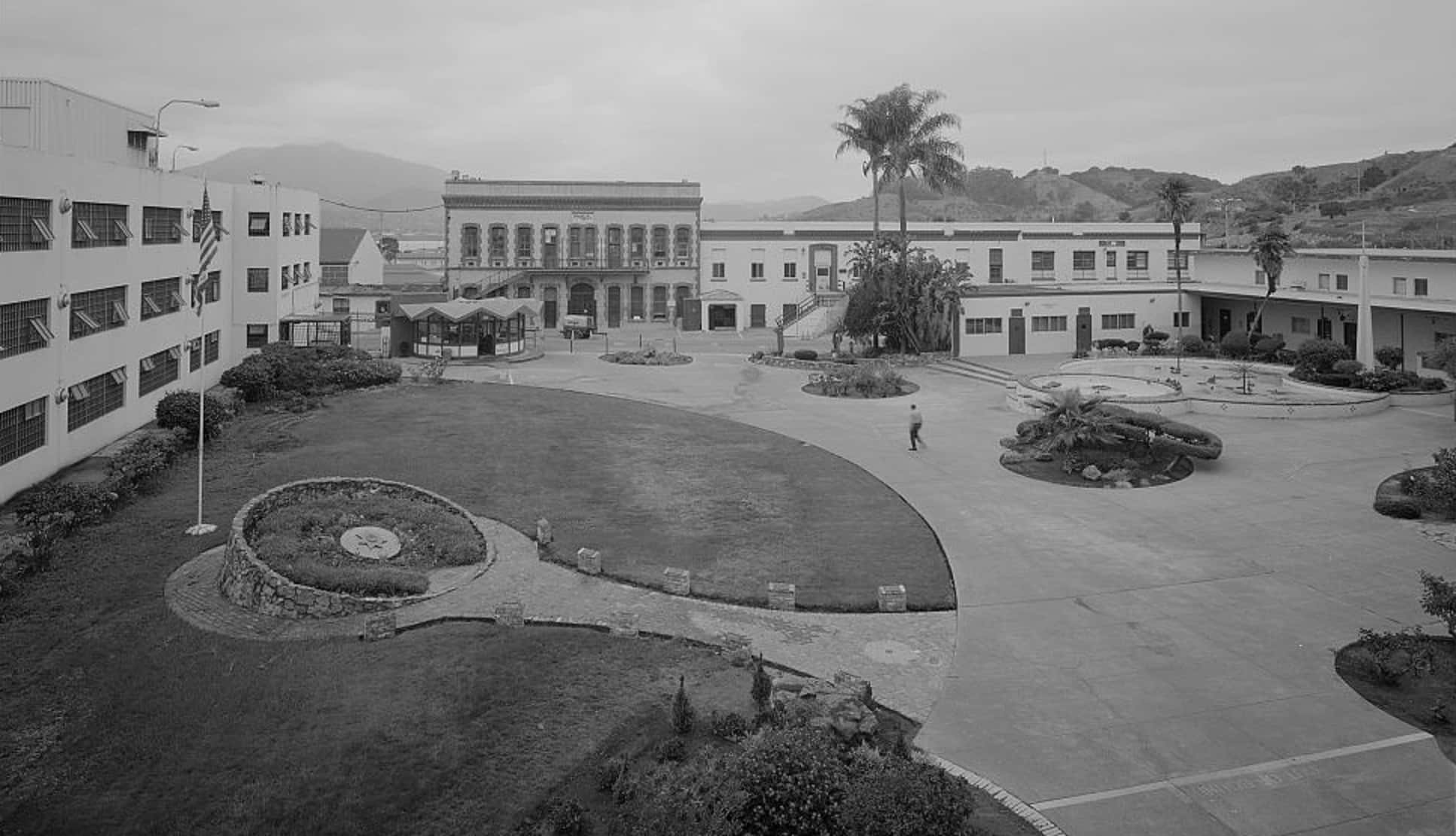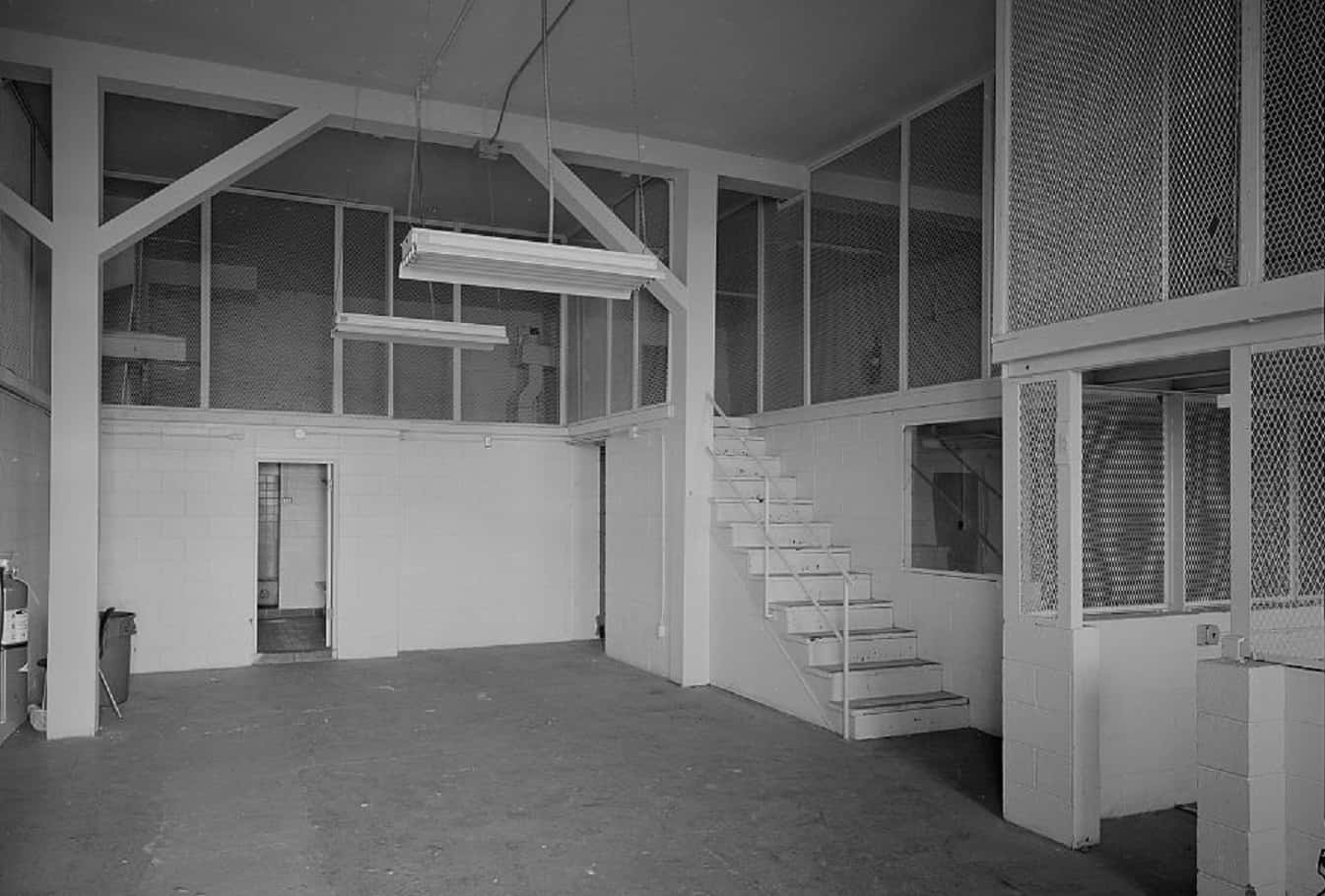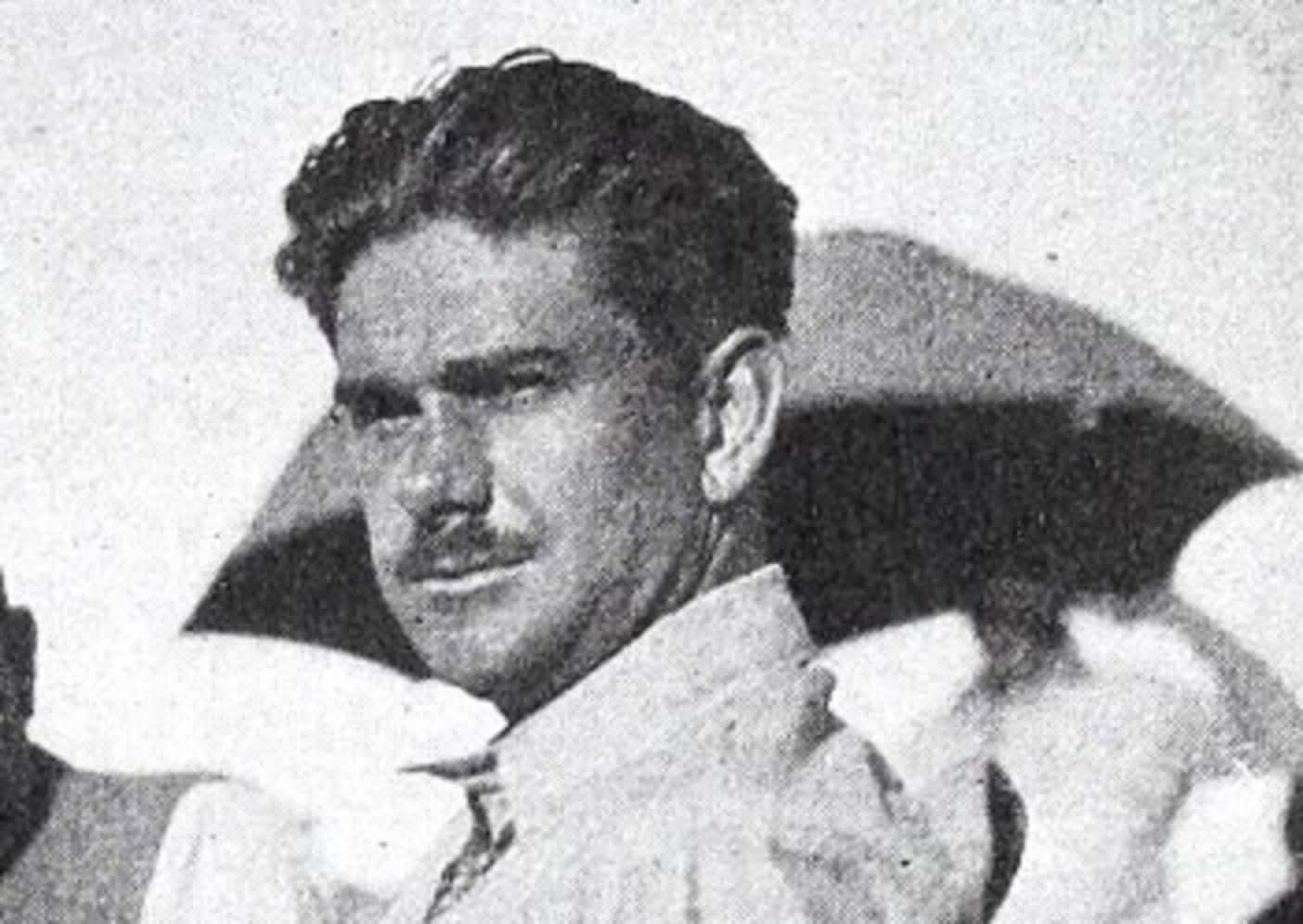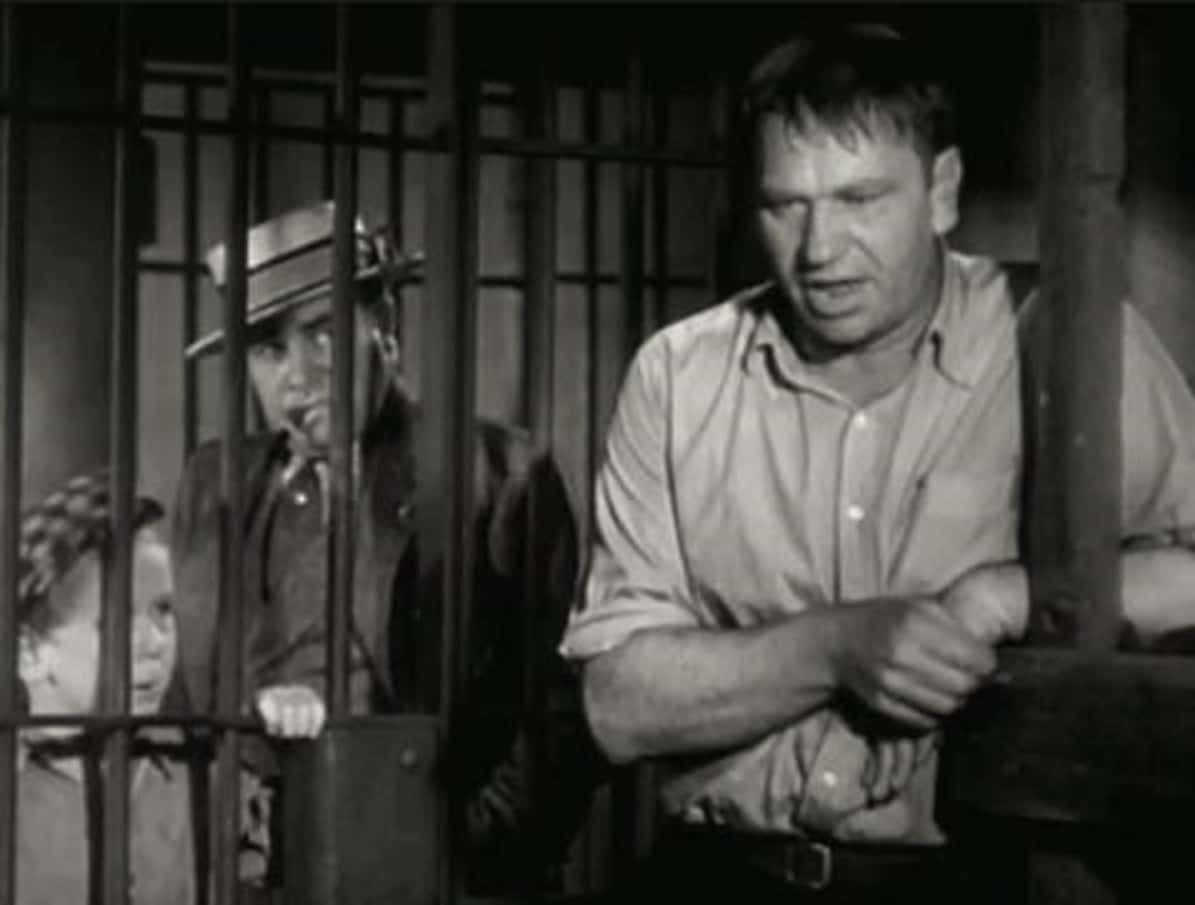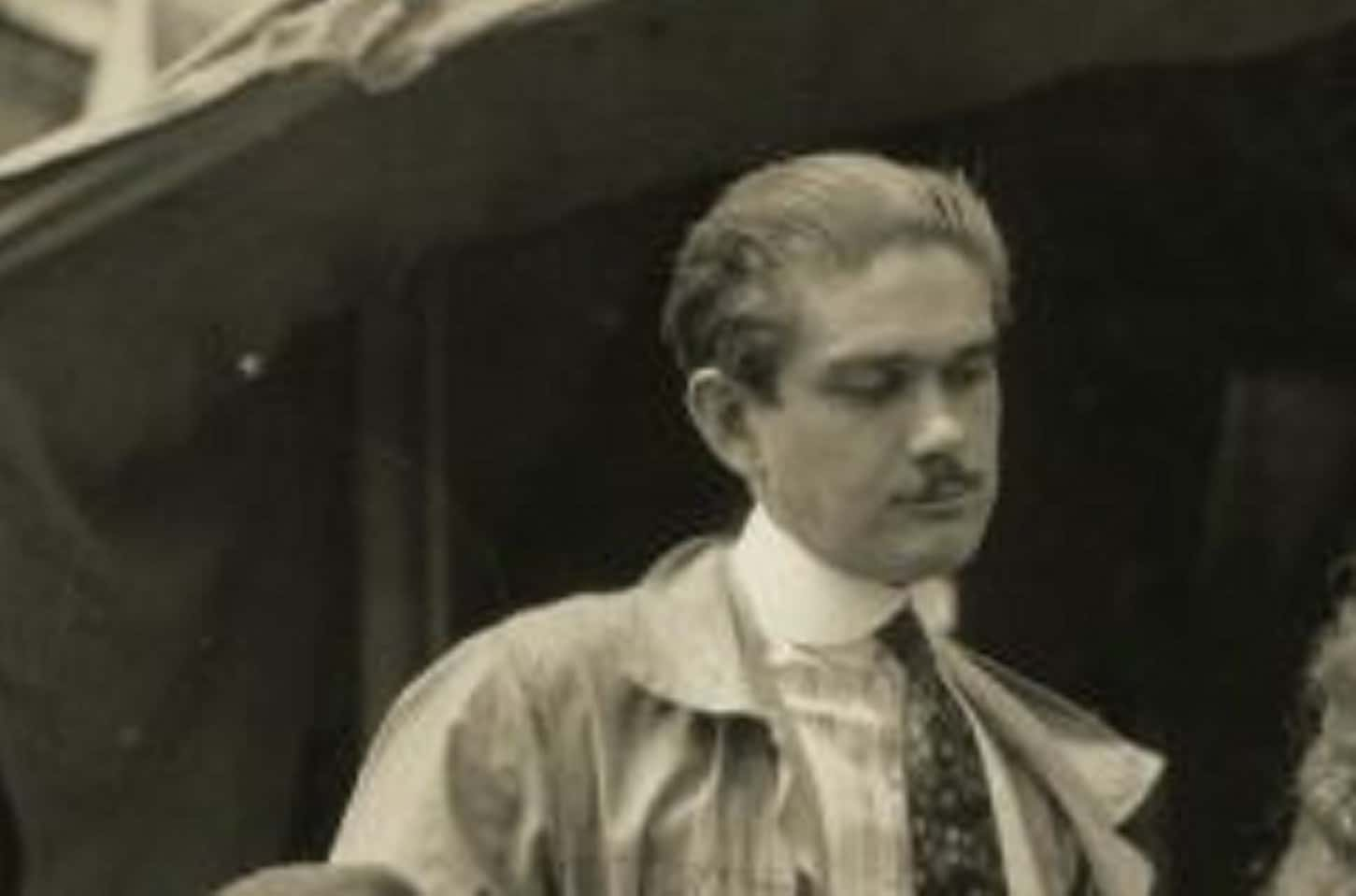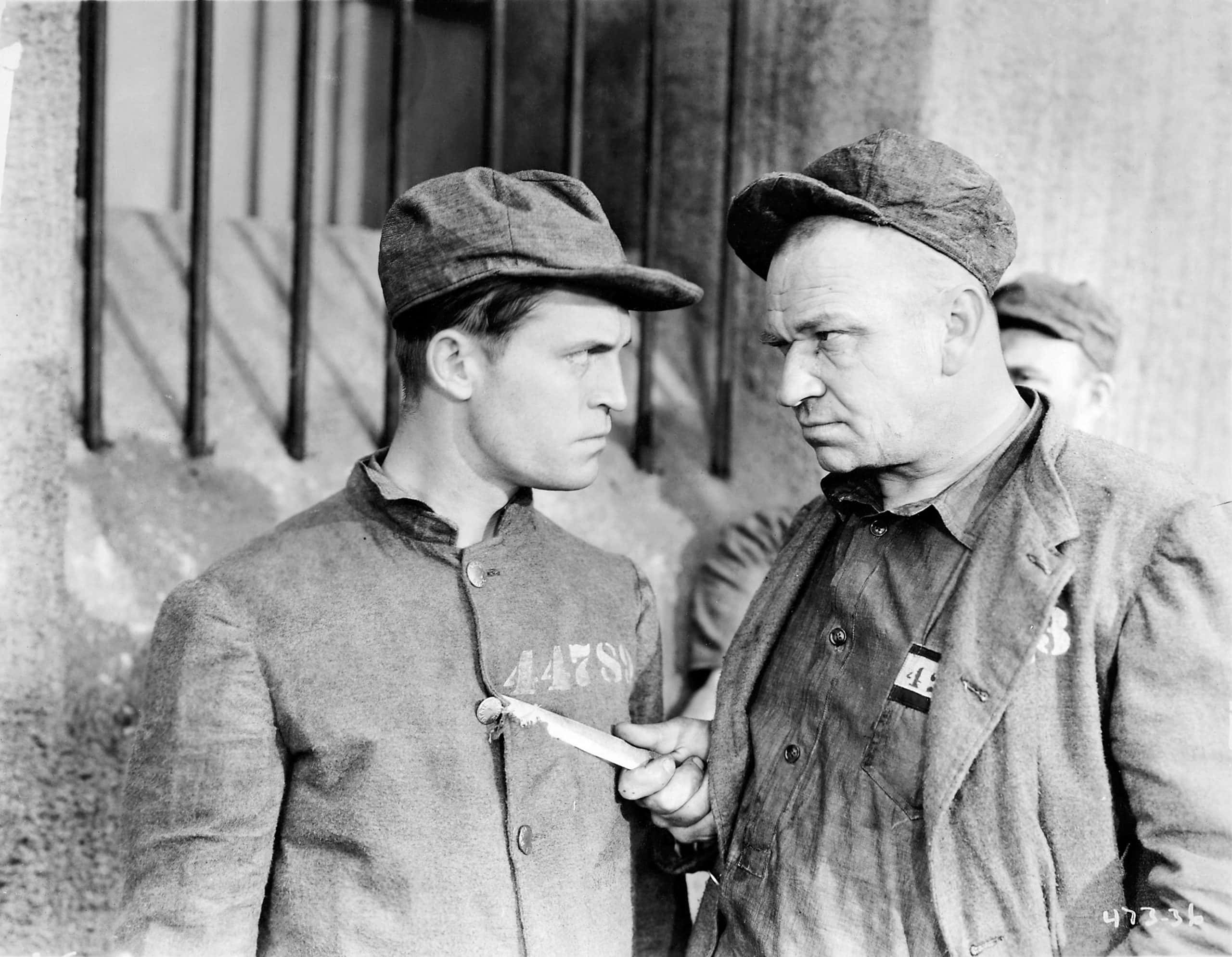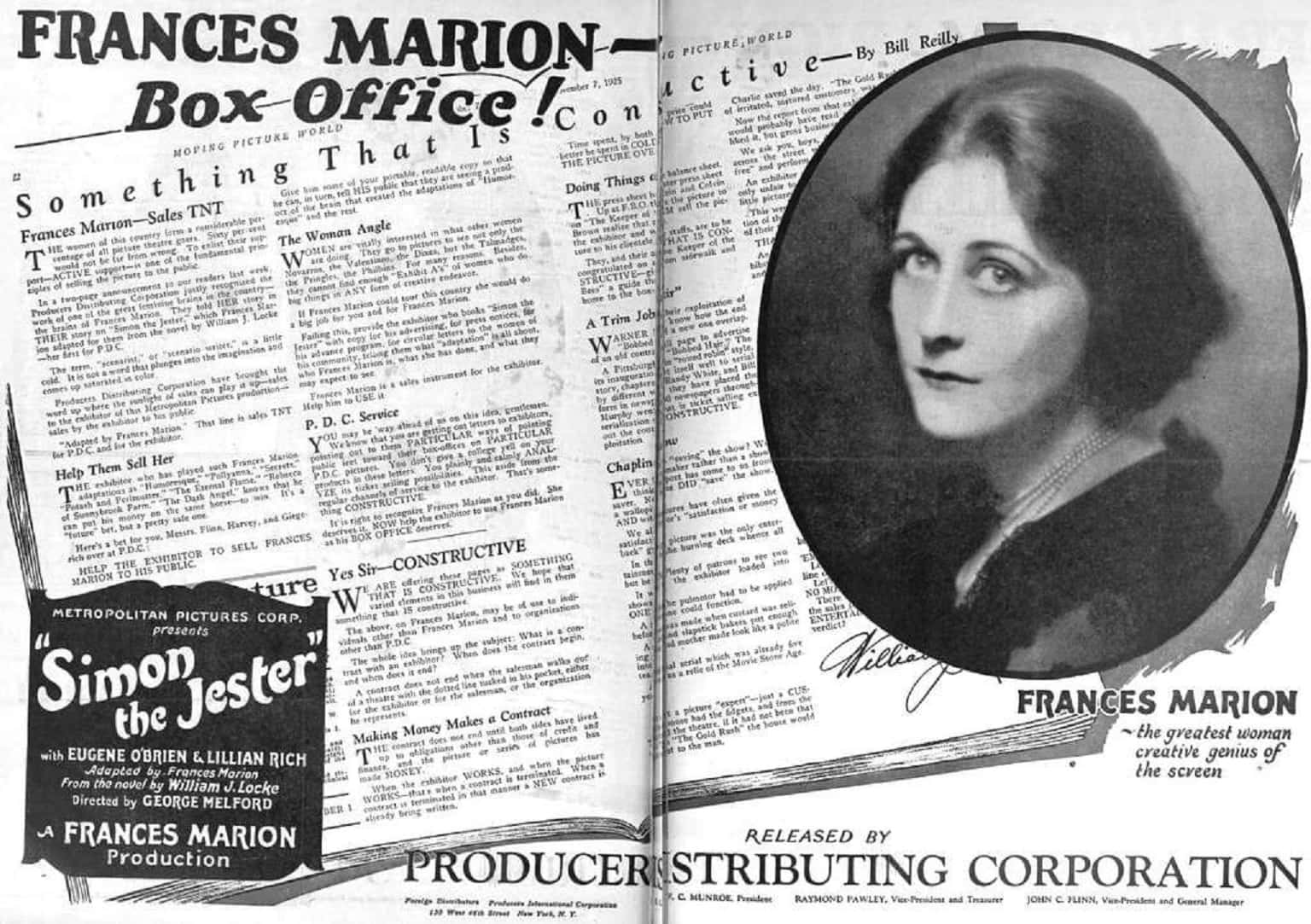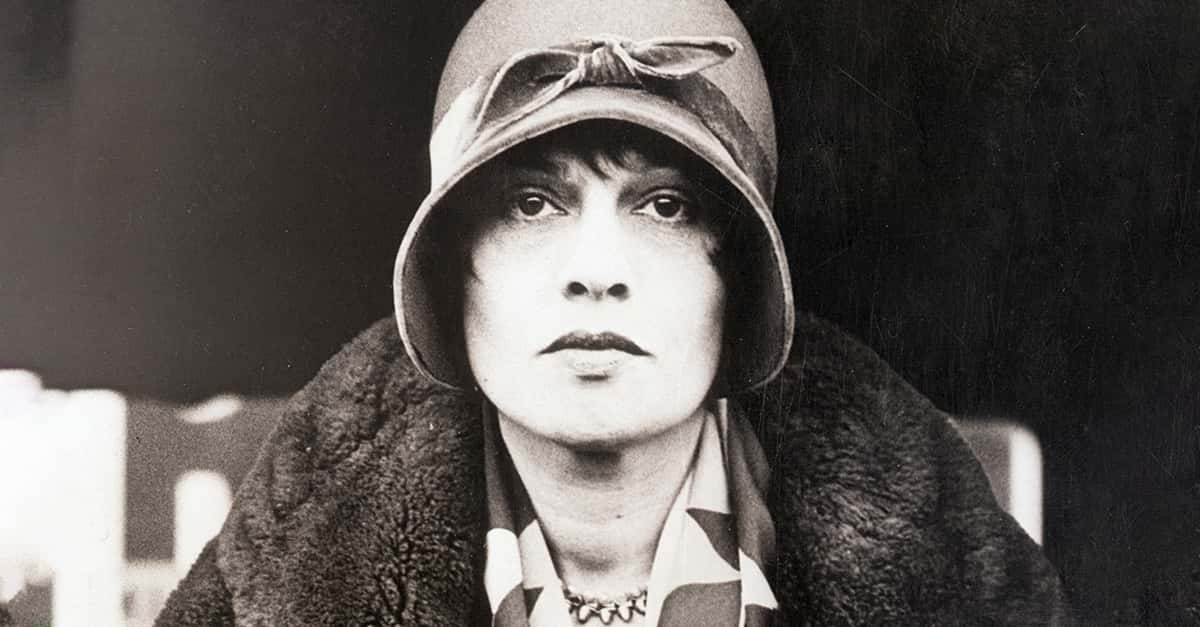Not even all devoted cinephiles know who Frances Marion is. But the “terrifically feminine” writer was one of Hollywood’s first, and most adventurous, pioneers.
Marion drew inspiration for her iconic screenplays by “rubbing elbows” with inmates in San Quentin and crawling through the trenches with the army in WW1. But she could just as easily have plumbed the depths of one of her four marriages for equally dramatic material.
1. She Was Box Office Gold
Today, the name Frances Marion doesn’t mean much to movie-going audiences. But, in the 1910s, 20s, and 30s, she was as bankable a star as Tom Cruise today. Photoplay magazine, for example, called Marion “one of the very few scenario writers whose name meant anything at the box office”. But she didn’t start out as a success.
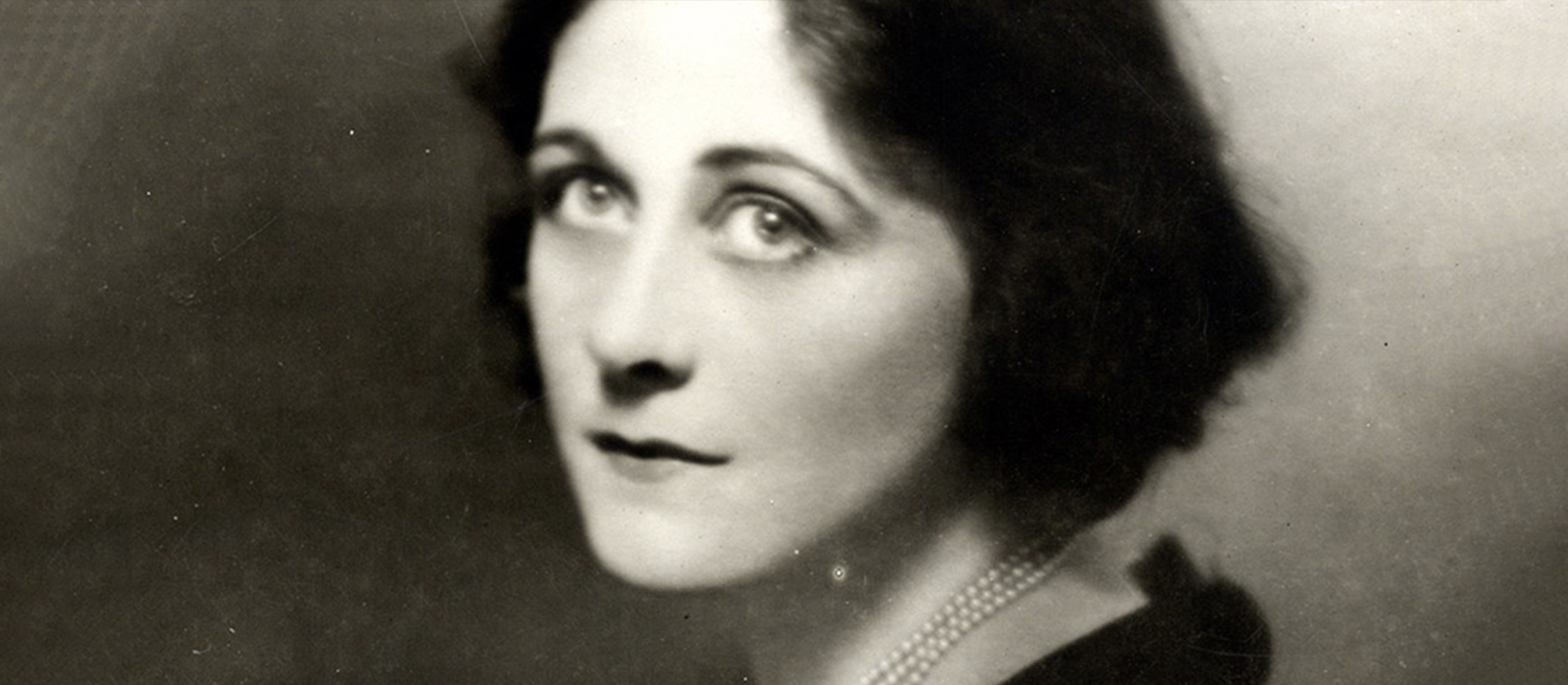
2. Her Happy Days Came To A Sudden End
Frances Marion was born in November 1888 in San Francisco, California. By all accounts, her childhood—much unlike her adult years—was particularly uneventful. Or, at least, it was until her father turned her world upside down. Shortly before her tenth birthday, her father divorced her mother, forcing Marion into a brand new and terrifying world.
3. She Went To “Bored-ing” School
For Marion’s mother, the divorce was a deeply destabilizing incident. So, unable to deal with all of her children on her own, she sent Marion to a strict Christian boarding school. But if that was supposed to turn Marion into a well-behaved young woman, then it had a completely opposite effect.
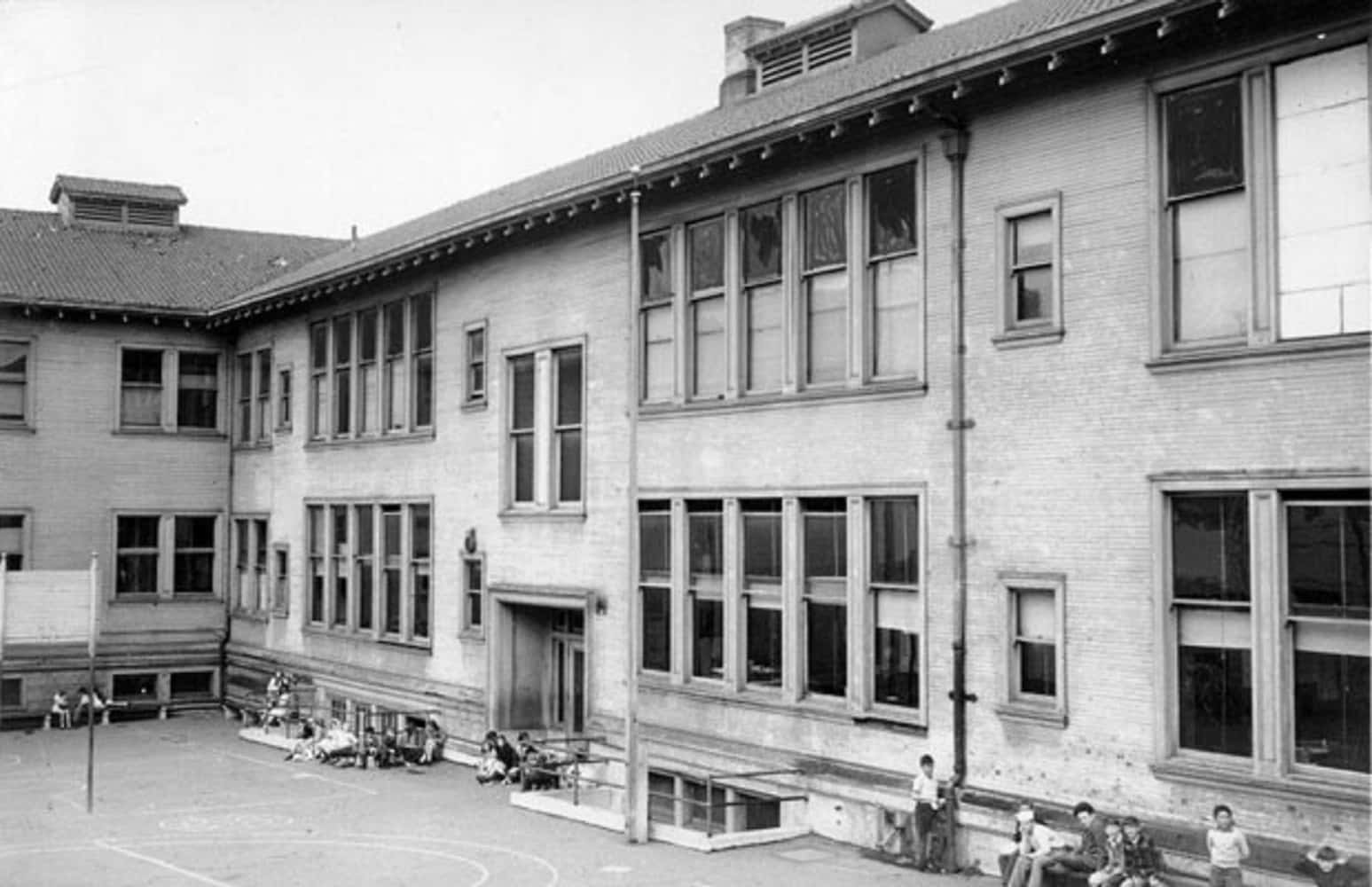 Flickr, San Francisco Public Library
Flickr, San Francisco Public Library
4. She Knew Exactly What She Wanted
Despite the drama that her parents’ divorce caused, it didn’t take Marion long to figure out what she wanted to do with the rest of her life. At just 12 years of age, she decided that she was going to be a writer. Or an illustrator. Or a creative type of any kind. Basically, anything except what everyone else said she had to be.
5. She Was A Dropout
One day, at school, Marion’s teacher caught her drawing a cartoon illustration—and it had a shocking ripple effect. It’s not clear what, exactly, Marion had drawn but it was clearly inappropriate enough to warrant a trip to the dean’s office.
Instead of facing punishment, however, Marion decided to drop out of school and pursue her passion for storytelling.
6. She Was Well-Schooled In Hypocrisy
Probably because of her parents’ divorce, Marion developed a deep resentment of formalized structure and authority. In the opening line of her 1972 memoir, Off With Their Heads: A Serio-Comic Tale of Hollywood, she confessed, “By the time I was ten years old I had been thoroughly schooled in all the social hypocrisies”.
One thing was certain: Marion was a rebel at heart.
7. She Went To Art School
Once Marion dropped out of school, her mother knew that she couldn’t suppress her adventurous artistic nature. At 16, Marion attended Mark Hopkins Art Institute in San Francisco where she developed her skills as a sketch artist. From the sounds of it, however, she did not spend a whole lot of time studying or sketching.
8. She Was An Original Hipster
Far removed from her mother and the overbearing rules of her Christian upbringing, Marion had a great time at Mark Hopkins Art Institute. She immersed herself in San Francisco’s “bohemian culture” as something of a proto-hipster and explored her artistic perspective. She was also getting some much-needed “inspiration," and boy was it scandalous.
9. She Had A Forbidden Love
It’s not exactly clear whether Marion went to art school to learn different painting techniques or if she was there to, well, find inspiration. Sometime around 1904, Marion began carrying on a forbidden relationship with her art teacher, Wesley de Lappe. Even in 1904, it was a doomed relationship—until an act of God gave her love a chance.

History's most fascinating stories and darkest secrets, delivered to your inbox daily.
10. She Survived An Act Of God
In April 1906, when Marion and de Lappe were out on a date, a severe earthquake struck San Francisco. The natural disaster claimed the lives of 3,000 people and leveled 80% of the city—including the Mark Hopkins Art Institute. With their school in a heap of flaming rubble, their love was no longer forbidden...But it was still doomed.
11. She Was A Young Bride
The fact that Marion and de Lappe survived the apocalyptic earthquake while out on a date was no coincidence. Or, at least, they didn’t think it was. They both took it as a sign that they were meant to be together. Just a few months later, in October of that year, the couple tied the knot. It wasn’t, however, an earth-shattering romance.
12. She Received Great Advice
As a teenage newlywed, Marion received some sage advice from famed American novelist Jack London. It was advice she would follow her whole life. He told the budding storyteller, “If you expect to write stories pulsing with real life, or put upon canvas compositions that are divinely human, you must go forth and live”. And live, she did.
13. She Was “Canned”
Marion followed London’s advice by “rubbing elbows with the people”. London had further advised her, “Go out and work with them [the people], eat with them, dream with them”. And that’s precisely what she did—in a literal sense.
After her marriage to de Lappe, Marion took menial jobs, first at a cannery and then as a telephone operator. But this posed a serious problem.
14. She Neglected Her Marriage
Marion happily busied herself with grunt work, collecting material for her writing. But while she wrote, whittled, and worked the hours away she neglected her husband and her marriage began falling apart.
After just four years, Marion and de Lappe called it quits. Oddly enough, that turned out to be exactly the inspiration she needed.
15. She Became A Working Girl
Right after leaving de Lappe, Marion’s career as a storyteller took off—almost as if he had been holding her back. She worked as an assistant to photographer Arnold Genthe before finding work as a commercial artist and then as a reporter for the San Francisco Examiner.
But her big break as a Hollywood pioneer was just around the corner.
16. She Was In The Right Place At The Right Time
Only one year after breaking it off with de Lappe, Marion met and married Robert Pike. It’s not clear how they met but Pike swept Marion off her feet. He promised her a life of luxury, traveling from city to city. Instead, by sheer coincidence, they ended up in Los Angeles just as the first film studios were setting up shop.
17. She Bumped Into An Old Friend
Fortunately, for movie fans the world over, Marion’s jet-setting life never actually took off. Fate had another twist in store for her.
Shortly after arriving in Los Angeles, she bumped into an old friend from her days writing with the San Francisco Examiner. Marie Dressler, the famed vaudevillian, took Marion under wing and introduced her to all of her friends working in the “flickers”.
18. She Was On The “Dark Side”
Dressler introduced Marion to the early Hollywood heavy hitters, Lois Weber, Lillian Gish, Marion Davies, and Mary Pickford. At first, Marion’s obvious beauty earned her a spot as an actress alongside these female film pioneers. But it didn’t take long for everyone to notice that her real talents lay on the “dark side” of the camera.
19. She Envied The Stars
Despite her own obvious beauty, Marion envied the starlets she wrote for. “The newspapers sure have loused me up, calling me a [vamp]! Where'd they ever get such a screwy idea? One look at Harlow and whether you were male or female you could get no other idea; she was the Scylla and Charybdis of [sensuality], from her provocative come-hither expression to the flowing lines of her beautifully proportioned body”.
However, no amount of insecurity or jealousy could hold her back from getting what she wanted.
20. She Was A Fierce Friend
One of Marion’s friends—the journalist Adela Rogers St Johns—described Marion’s friendship with her fellow female film legends: “Behind a Madonna-like face and a shy-and-ladylike manner, Frances Marion had the rugged determination of a boa constrictor where a friend was concerned”.
Her friendships are what made her career.
21. She Thought Women Were Like Plants
Even from day one, Marion wasn’t shy about her pro-woman bias. She saw the early days of the movie business as a perfect Garden of Eden, that is, until the men arrived.
In her own words, she said, “women progress more with civilization than men, and reach out to others like plants to the sun, but men at work get swept into the vortex”. And Marion certainly practiced what she preached.
22. She Partied With The Ladies
In Hollywood, who you know matters more than what you know—and Marion knew that. She regularly hosted women-only parties, called “cat parties” to support and promote other women in the movie business. Film historian, Cari Beauchamp, said, “They were meeting with each other. Talking with each other. Taking care of each other, professionally and personally”.
Her strong ties to other women cemented Marion's place in the industry.
23. Her Bestie Was Also A Hollywood Legend
Mary Pickford, who quickly became Marion’s best friend, landed the budding writer her first big break. When Pickford made the move to Famous Players-Lasky, she took Marion with her—and the studio handed Marion a hugely lucrative contract. Marion wrote several scripts for Pickford, playing into her strengths and helping turn her into a star.
24. She Was Combustible
The Marion-Pickford duo went on to make box office hit after box office hit. You might say, however, that some of their biggest hits were a little too “hot” for audiences.
1915’s The Foundling, for example, was a hit with critics after the pre-screening but a fire destroyed the reel before audiences could get a glimpse of it.
25. Her Work Was Nauseating
Even in the early days of Hollywood, before CGI, success didn’t come easy. It took Marion and Pickford a while to find their stride. Not all of their first pictures were great successes. “We proceeded with the dull routine of making a picture we both thought nauseating, Pollyanna. I hated writing it, Mary [star Mary Pickford] hated playing it”.
26. Her Life Was A Comedy
After her Pickford-pic, The Foundling, went up in flames, Marion hung around in New York City with fellow scriptwriter, Anita Loos. She quickly made a reputation for herself as a script doctor, taking unworkable melodramas and turning them into comedies—kind of like her marriages.
But, pretty soon, she would be writing (and living) action flicks. In fact, her destiny was more dangerous than she could have ever predicted.
27. She Was One Of The Best
Having established herself in New York City, Marion rejoined forces with Pickford in Hollywood. Famous Players-Lasky agreed to pay Marion the jaw-dropping sum of $50,000/year to write scripts for Pickford. The unheard-of salary made her “one of the highest paid script writers in the business”. And she earned every penny of it.
28. She Never Sat On The “Casting Couch”
Almost every woman in Hollywood today has a “casting couch” story. But Marion took a very different path to success. She made a point of never sleeping her way to the top of the Hollywood pecking order.
“I spent my life searching for a man to look up to,” she wrote in her 1972 memoir, “without lying down”. In fact, the men in her life would be the ones lying down for her, one after the other.
29. She “Rubbed Elbows” With The Troops
Marion must have internalized Jack London’s advice about “rubbing elbows with the people”. Towards the end of WWI, she left her cushy writing job behind to join the troops in trenches on the frontline as an overseas correspondent. To say that Hollywood wouldn’t be the same without her there would be an understatement.
The stars practically fell out of the sky.
30. Her Friends Missed Her Terribly
When Marion left to cover the action on the frontlines, Pickford lamented losing her writer and best friend. In an interview with Motion Picture Magazine, she said, “It isn’t only that there never will be another writer like her—that without her scenarios I’ll lose the biggest inspiration I have—but I am losing my best friend, the dearest chum I ever had”.
31. She Had A Change Of Heart
Much to her friends’ relief, at the end of WWI, Marion returned from the trenches completely unscathed. She was, however, a very different woman. You might say that she had a change of heart.
Almost without explanation, upon her return, she divorced Robert Pike. She clearly wanted a man of action—and that’s precisely what she got.
32. She Fell For The Chaplain
Prior to her departure, Marion had met US Army chaplain, Fred Thomson, while he was recovering from a broken leg. Even though she was still married to Pike at the time, she promised to marry Thomson as soon as WWI ended (and if they both survived).
The rest, as they say, is Hollywood history—with a tragic ending and all.
33. She Turned Him Into A Star
Just as Pickford had given Marion her start in the movies, Marion got her new husband, Thomson, his first starring role. Marion wrote and directed 1921’s Just Around the Corner, as a vehicle for Thomson and Pickford. She then got him to star alongside Pickford in 1921’s The Love Light.
Overnight, he became a cowboy western film sensation. But there was trouble on the horizon.
34. She Was A Little Too Close To Her Friends
Around the same time that Marion had married Thomson, Pickford also tied the knot to Douglas Fairbanks. The close-knit group of Hollywood pioneers was among the first A-listers, generating tabloid fodder and winding up the rumor mill. Especially when the power couples decided to embark on their honeymoons together.
35. She Was A Woman Of Action
Marion had turned Thomson into one of Hollywood’s first country western film stars and her knack for writing compelling action excited film producers. But Marion preferred writing scripts that featured women. Already, however, the walls of the studio system were beginning to close in on Marion—and her time to escape was running out.
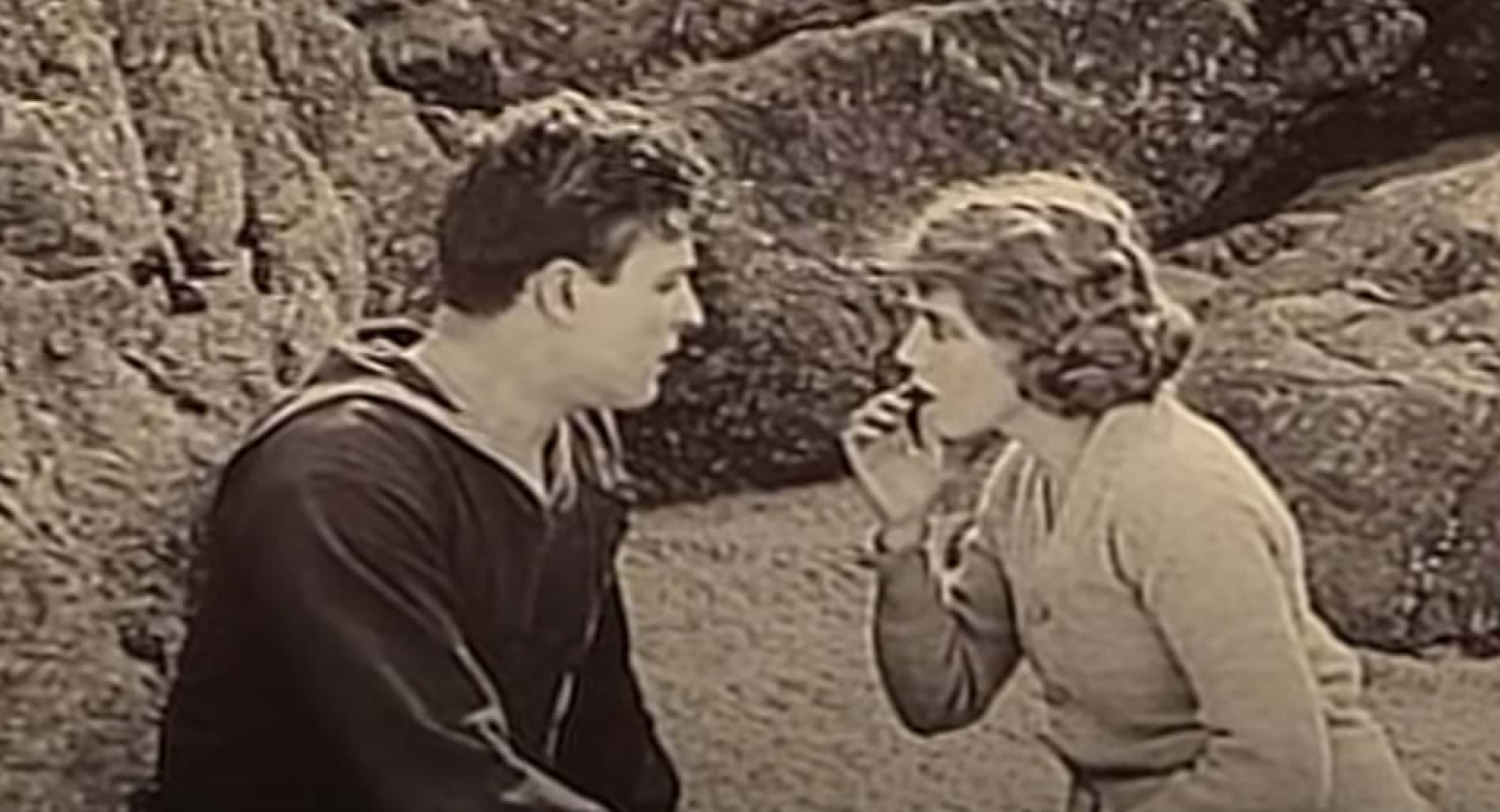 The Love Light(1921), United Artists
The Love Light(1921), United Artists
36. She Wrote For Women
In between her action flicks, Marion found time to write the female-led melodramas that became her best films. In an interview with Photoplay, she said, “...we make the woman dominate, and the male character as passive as every woman would like to have her husband. We end up with a splendid vehicle for a woman star—and the cyclone-wrecked story”.
37. She Reached A Breaking Point
Along with her friends Anita Loos and June Mathis, Marion became one of the most sought-after writers in Hollywood. But the increasing demands of the film studios pushed her right up to her breaking point. On the set of 1928’s The Wind, producer Irving Thalberg pushed Marion so hard—she would never be the same again.
38. She Nearly Lost Her Head
Marion’s experience on the set of The Wind nearly saw her leave script writing, and Hollywood, altogether. The exact details of her fallout with the film’s producer, Thalberg, are lost to history but her exasperation with him is clear to this day. Famously it was “the last film to which she gave her heart as well as her head”.
39. She Had A Terrible Christmas
After filming The Wind, Marion suffered another emotional heartbreak, while Hollywood suffered one of its first unexpected tragedies. Thomson, Marion’s third husband and, arguably, the love of her life, contracted tetanus in early December 1928.
After a misdiagnosis and poor treatment, he succumbed to his illness on Christmas Day.
40. She Went To “The Clink”
Devastated, Marion poured herself into her work. Once again taking Jack London’s advice literally, Marion went on a tour of San Quentin prison to gather research for 1930’s The Big House. By all accounts, the visit was an unpleasant experience that nearly took a turn for the worse. In fact, not everyone survived her trip to the prison.
41. She Could Have Witnessed An Execution
San Quentin’s prison warden took joy in Marion’s obvious discomfort in “rubbing elbows” with the worst inmates in California. “I’ll be curious,” the warden grinned, “how a little woman like you handles this situation”. He then offered to show Marion a live execution. That was, however, one elbow too close for her comfort.
42. She Bagged Her Fourth And Final
Marion’s career wasn’t the only thing on the mend in the 1930s. She also started picking up the pieces of her broken heart once more. Marion met director George Hill on the set of The Big House and once again hit it off. Later that same year, Hill became Marion’s fourth husband. Sadly, the fourth time was, apparently, not the charm.
43. She Won The Gold
The arrival of the “talkies” spelled doom for most of Hollywood’s original pioneers. But Marion buried her sorrows and her stories into the new medium. And it paid—it paid in Oscar gold. In 1931 and 1933, she won Academy Awards for her writing on The Big House and The Champ, respectively.
They might, however, have been parting gifts from the studio system.
44. Her Final Marriage Was A Wreck
Marion’s marriage to George Hill—her fourth and final one—ended in tragedy once again. The details of their divorce are hard to come by but it must have been a terrible breakup. Less than a year after their divorce, Hill got into a terrible car accident and claimed his own life shortly after that.
45. She Never Forgot Her True Friends
Even at the height of her success, Marion never forgot her friends. She wrote a career-defining role for Marie Dressler in 1930’s Min and Bill. Dressler, who had given Marion her start in the industry said that it was “the role I had been waiting for all my life” and it won her an Academy Award.
46. She Was Pickford’s Pick
In addition to Dressler’s swan song, Marion also wrote the final role for her best friend and fellow Hollywood pioneer, Mary Pickford, in 1933’s Secrets. “It was the kind of movie a star would love,” Marion said later. “She felt it would be the vehicle through which she could prove herself all over again”. But sadly, her best days were behind her.
47. She Lost Her Creative Spirit
By the mid-1930s, the studio system had all but taken over Hollywood. What had once been the playground for Marion’s creativity, turned into her nightmare and she began to lose her passion for scriptwriting. She recalled, “you have four or five notes and, when those are used, you have the same four or five notes all over again”.
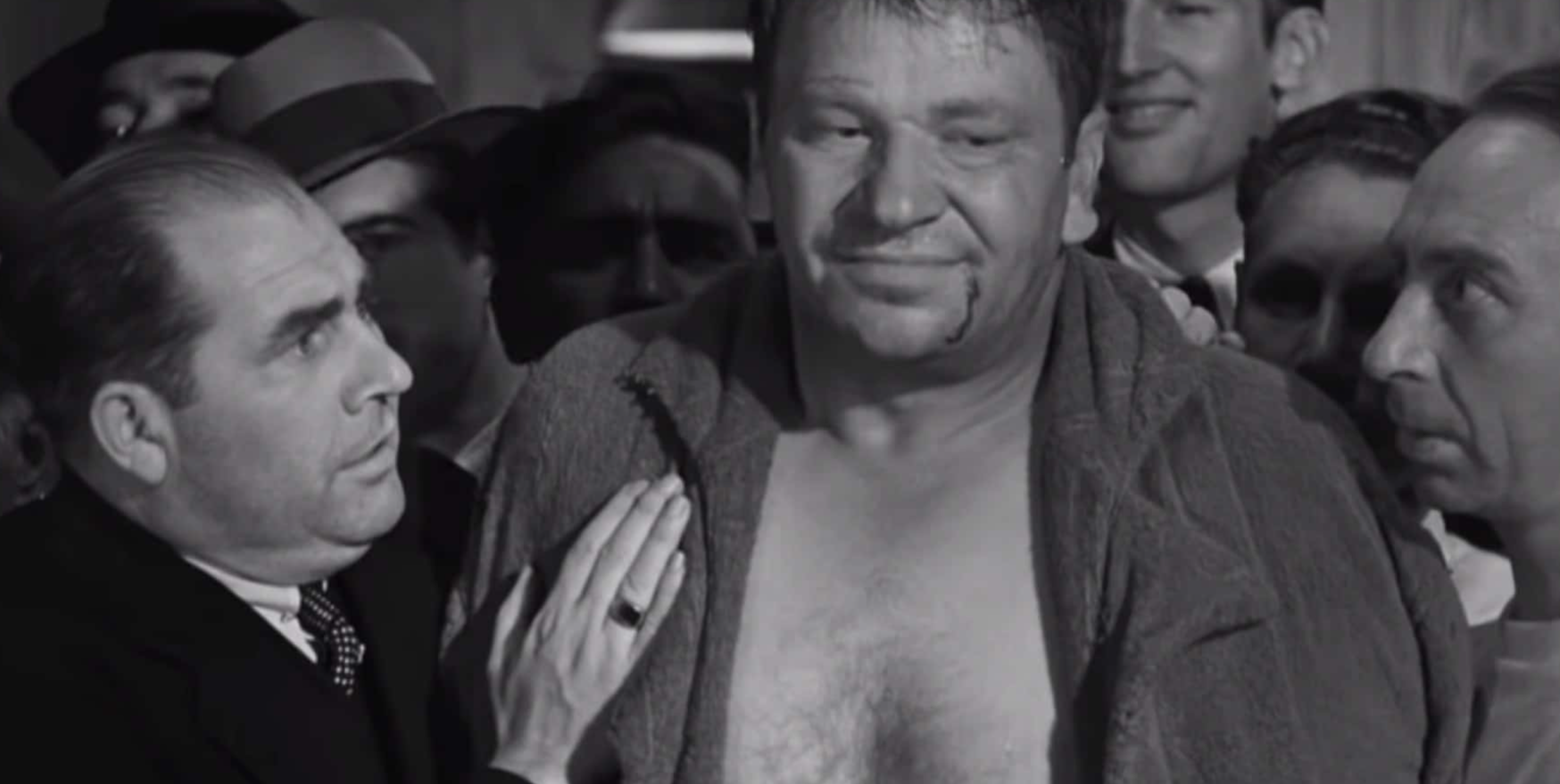 The Champ (1931), Metro-Goldwyn-Mayer
The Champ (1931), Metro-Goldwyn-Mayer
48. She Went With The Wind
The strict rules and structure that the studios brought to Hollywood reminded Marion of her sterile upbringing. And she felt that her creative talents were wasted in the formalized world of the studios. She said that writing for the studios was “like writing on the sand with the wind blowing”. So she let the wind carry her away.
49. She Wrote Propaganda
Even though she stopped writing consistently for the movies, Marion never stopped writing. She turned instead to writing plays and novels. But even if she wasn’t dealing with the demands of producers, she was dealing with the problems of publishers. She recalled, “I call it propaganda, but the publishers call it a novel”.
50. She Was Prolific
Over the course of her adventurous career, Marion churned out some of Hollywood’s earliest blockbusters. In between getting up close and personal with prisoners at San Quentin and risking her life on the front of WWI, Marion wrote more than 325 scripts. She helped made Hollywood a “manless Eden”—until the studios came along.

